Members
Network members
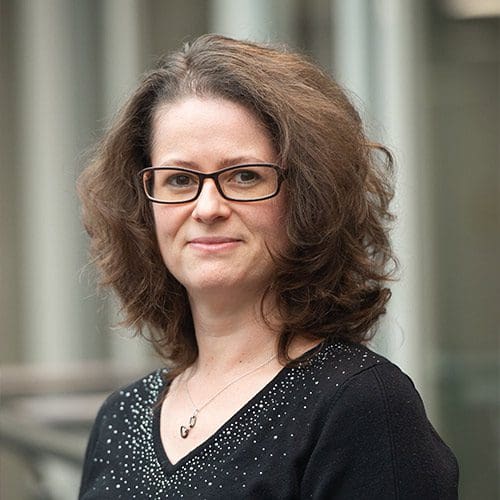
Dr Afrodita Marcu
Research Fellow
School of Health Sciences, University of Surrey
afrodita.marcu@surrey.ac.uk
Full Bio
I am a social psychologist by background and have expertise in researching patient experience of symptoms, help-seeking, illness, and diagnosis. My research interests are in the areas of risk perception, risk communication, lived experience of disease, cancer early diagnosis, and promotion of early presentation with symptoms suggestive of cancer. I am interested in researching how patients make sense of their symptoms and seek medical help prior to receiving a mesothelioma diagnosis. I have recently worked on a project funded by the June Hancock Mesothelioma Research Fund which has focused on developing sustainable patient and public involvement (PPI) in mesothelioma research. I am looking for research collaborations that address or include psycho-social aspects of mesothelioma, e.g. patient experience of help-seeking for symptoms later diagnosed as mesothelioma; psychological adjustment to a diagnosis of mesothelioma; facilitating patient and carer involvement in mesothelioma research.
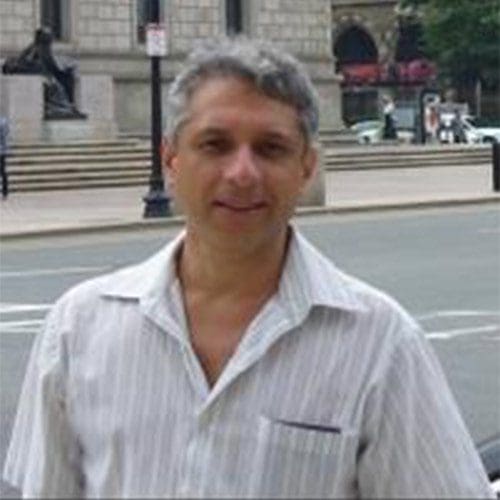
Professor Alexandre Xavier Falcão
Laboratory of Image Data Science (LIDS), Institute of Computing (IC)
University of Campinas (UNICAMP)
afalcao@ic.unicamp.br
Full Bio
Our group develops image processing, visualization, and analysis techniques to address data science problems from different areas, such as Medicine, Geology, and Agriculture. The group has investigated and developed interactive machine learning methods for data annotation and design of explainable convolutional neural networks with minimum user effort. Lung cancer, particularly Mesothelioma, is a topic of high interest, in which the group has experience with abnormal lung segmentation, pleural plaque detection, and nodule detection in CT images of the thorax.

Dr Alexandrea MacPherson
PREDICT-Meso Project Manager
University of Glasgow
Alexandrea.MacPherson@glasgow.ac.uk
Full Bio
Dr MacPherson is the lead contact for the Network and the clinical study Meso-ORIGINS, which she co-ordinates.
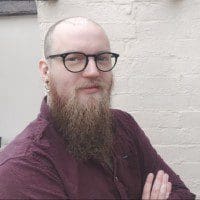
Dr Algernon Bloom
Senior Image Analyst
CRUK Beatson Institute, University of Glasgow
alge.bloom@glasgow.ac.uk
Full Bio
Algernon is a versatile research scientist specializing in machine learning and radiomics, with a multidisciplinary approach. Their expertise lies in the adept application of mathematics, programming, and imaging techniques to drive impactful research outcomes. Focusing on clinical and preclinical data analysis, Algernon has a proven track record of successfully developing machine learning algorithms for precise segmentation and classification tasks.
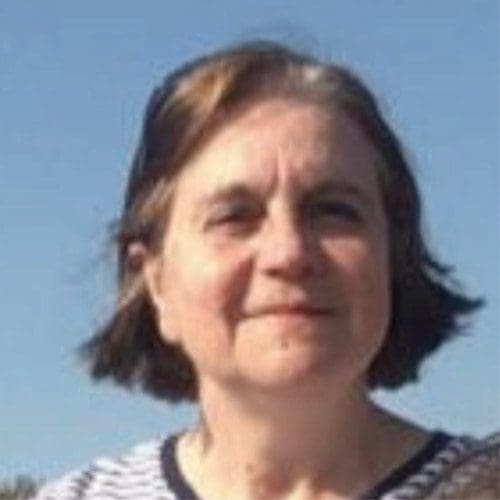
Dr Alina Ionescu
Consultant respiratory physician
Royal Gwent Hospital
Alina.Ionescu2@wales.nhs.uk
Full Bio
Meso-ORIGINS study site PI for Aneurin Bevan University Health Board.
Respiratory consultant, member of the lung cancer and mesothelioma MDT, local pleural lead, running with the pleural team the ambulatory pleural service and thoracoscopy service, co-founder with the local mesothelioma nurse of the mesothelioma and lung cancer patient support group. PI to a number of research trials, over 70 papers, book chapters and abstracts published.
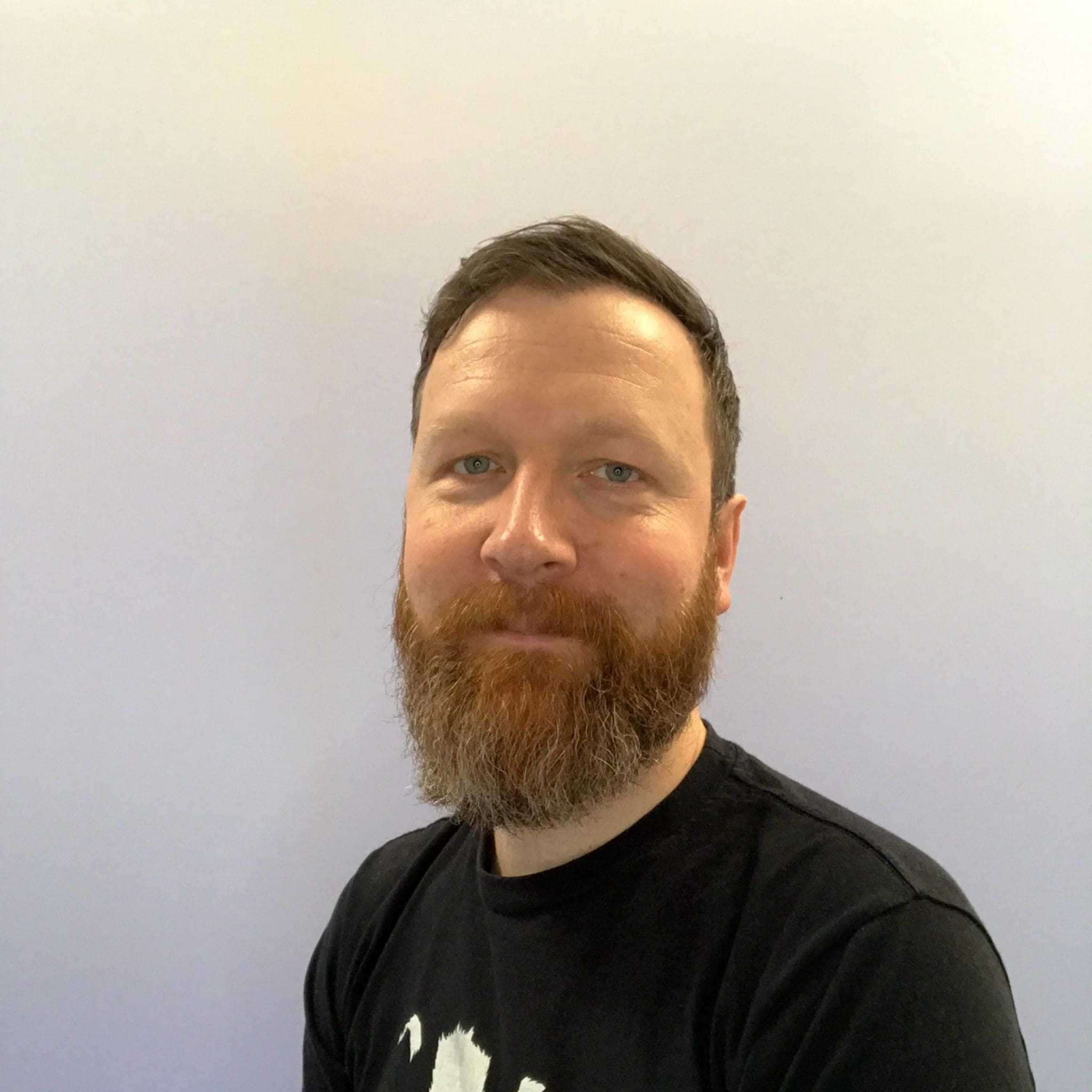
Dr Alistair Cook
Research Fellow
University of Western Australia
alistair.cook@uwa.edu.au
Full Bio

Dr Andrea Lamarca
PhD student
Vita-Salute San Raffaele University
lamarca.andrea@hsr.it
Full Bio
I have been actively involved in using 3D in vitro models to generate a new pre-clinical platform and study tumor-immune interactions, which has proven invaluable in understanding the complex dynamics within the tumor microenvironment.
I believe this work has the potential to make a significant impact in the field of cancer research and ultimately, to improve the lives of those affected by this devastating disease.

Professor Andrew Biankin
Co-Investigator WP2
Director of Translational Research Centre
University of Glasgow
Andrew.Biankin@glasgow.ac.uk
Full Bio
Professor Biankin is a surgeon-scientist and Director of the Wolfson Wohl Cancer Research Centre at the University of Glasgow, where he established the Glasgow Precision Oncology Laboratory in 2016. Professor Biankin is also Chair of the UK-wide Precision-Panc programme of clinical trials for patients with pancreatic cancer. Professor Biankin is the Executive Director of the International Cancer Genome Consortium, Accelerating Research in Genomic Oncology (ICGC ARGO) project.
www.gpol.org

Dr Andrew Griffiths
Consultant Respiratory Physician
Aneurin Bevan University Health Board
andrew.griffiths3@wales.nhs.uk
Full Bio
Meso-ORIGINS Study Site Co-investigator for Aneurin Bevan University Health Board

Dr Andrew C. Kidd
Medical Oncology Registrar
Velindre Cancer Centre
andrew.kidd@wales.nhs.uk
Full Bio
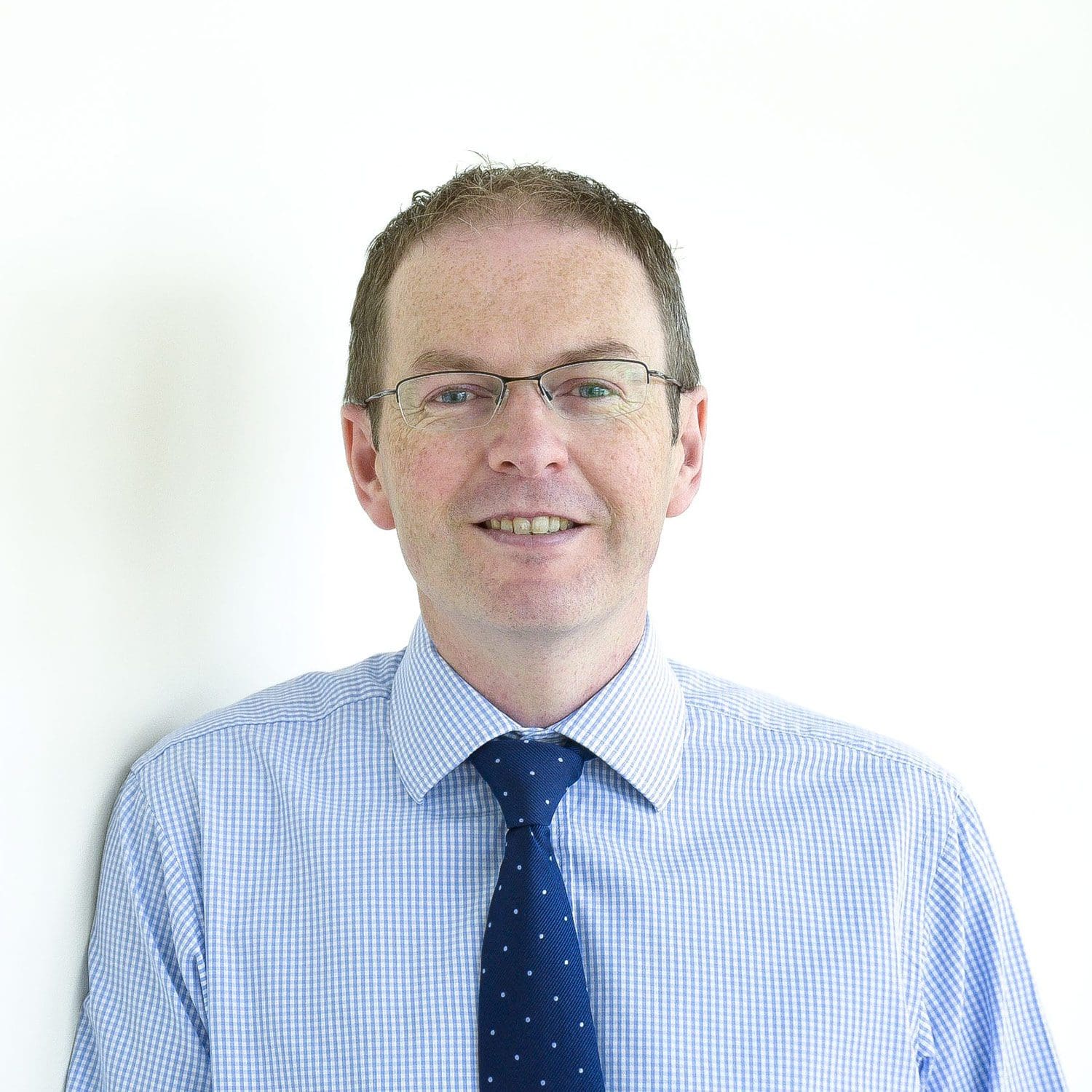
Dr Andrew Stanton
Consultant Respiratory Physician
Freeman Hospital, Newcastle upon Tyne
andrew.stanton@nhs.net
Full Bio
Trust lead for pleural disease

Professor Anne Willis
Director of the MRC Toxicology Unit
MRC Toxicology Unit, Cambridge
aew80@mrc-tox.cam.ac.uk
Full Bio
I am a social psychologist by background and have expertise in researching patient experience of symptoms, help-seeking, illness, and diagnosis. My research interests are in the areas of risk perception, risk communication, lived experience of disease, cancer early diagnosis, and promotion of early presentation with symptoms suggestive of cancer. I am interested in researching how patients make sense of their symptoms and seek medical help prior to receiving a mesothelioma diagnosis. I have recently worked on a project funded by the June Hancock Mesothelioma Research Fund which has focused on developing sustainable patient and public involvement (PPI) in mesothelioma research. I am looking for research collaborations that address or include psycho-social aspects of mesothelioma, e.g. patient experience of help-seeking for symptoms later diagnosed as mesothelioma; psychological adjustment to a diagnosis of mesothelioma; facilitating patient and carer involvement in mesothelioma research.

Dr Anna Bibby
Co-Investigator & Co-Lead WP5.2
Respiratory Consultant & NIHR Research Fellow
North Bristol NHS Trust
anna.bibby@nbt.nhs.uk
Full Bio
Professor Biankin is a surgeon-scientist and Director of the Wolfson Wohl Cancer Research Centre at the University of Glasgow, where he established the Glasgow Precision Oncology Laboratory in 2016. Professor Biankin is also Chair of the UK-wide Precision-Panc programme of clinical trials for patients with pancreatic cancer. Professor Biankin is the Executive Director of the International Cancer Genome Consortium, Accelerating Research in Genomic Oncology (ICGC ARGO) project.
www.gpol.org
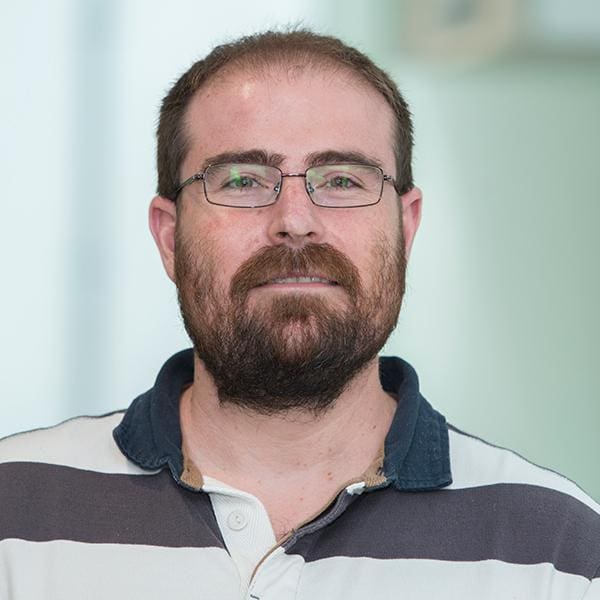
Professor Asier Unciti-Broceta
Professor of Medicinal Chemistry
CRUK Scotland Centre, Institute of Genetics and Cancer, University of Edinburgh
asier.ub@ed.ac.uk
Full Bio
Drug discovery, kinase inhibitors, prodrug strategies
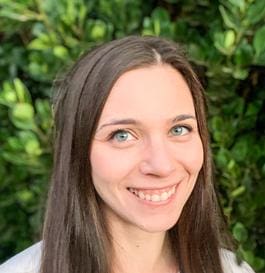
Dr Ashleigh Hocking
Postdoctoral Researcher
Flinders University
ash.hocking@flinders.edu.au
Full Bio
Ash graduated with her PhD from Flinders University in 2019 and is now a Level A academic postdoctoral researcher in the College of Medicine and Public Health, under the supervision of Associate Professor Sonja Klebe. Ash’s current research focus is on malignant mesothelioma, in particular using organoid models of mesothelioma to predict treatment responses.
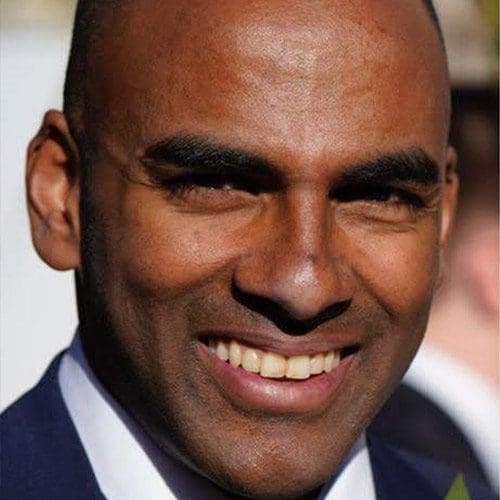
Dr Avinash Aujayeb
Respiratory and Acute Medicine Consultant, Northumbria HealthCare NHS Foundation Trust
Avinash.aujayeb@nhct.nhs.uk
Full Bio
Meso-ORIGINS study site PI for Northumbria Healthcare NHS Foundation Trust.
Avinash Aujayeb currently works as a Respiratory Medicine Consultant, Northumbria Healthcare NHS Foundation Trust. He is the Pleural Lead, a trustee for Mesothelioma UK, a member of the BTS Pleural SAG and Secretary for the Pleural and Mediastinal malignancies ERS group

Prof. Ayten KAYI CANGIR
Professor
ANKARA UNIVERSITY, SCHOOL OF MEDICINE DEPARMENT OF THORACIC SURGERY
cangir@medicine.ankara.edu.tr
Full Bio
Ankara University Medical Design Application and Research Center (MEDITAM), 06100, Ankara, TÜRKİYE Dr. Kayı Cangır has served as a professor in the Division of Thoracic Surgery at Ankara University Faculty of Medicine in Ankara, Turkey. Her research focuses on the surgical treatment of lung cancer, malignant pleural mesothelioma and thymic tumors. Dr. Cangir has published more than 250 articles and book chapters.
She has been a member of the IASLC Lung Staging and Prognostic Factors Committee and T Factor Subcommittee, IASLC Thymic Malignancy Staging and Prognostic Factors Committee and T Factor Subcommittee and IASLC Mesothelioma Staging and Prognostic Factors Committee since 2017. Dr.Kayı Cangır served as member of the organizing committee of the 20th World Conference on Lung Cancer (WCLC) in 2019.
Dr. Kayı Cangır earned her medical degree at Ankara University Faculty of Medicine in Ankara,Turkey. She completed her residency in surgery at Ankara University Hospital from 1993 to 1998. Dr. Cangir earned the associate professor as a first women associate professor of thoracic surgery of Turkey in 2005 . She has worked as a professor of thoracic surgery at Ankara University since 2012 and is involved in the training of medical students, residents and fellows. Also, Dr.Kayı Cangır has been a Board member of Ankara University Medical Design Application and Research Center (MEDITAM).

Professor Bruno Hochhegger
Pontifical Catholic University of Porto Alegre
Professor of Radiology
brunohochhegger@gmail.com
Full Bio
Lung cancer
Malignancy
Magnetic resonance

Mrs Clare Orange
NRS GG&C Biorepository Manager
NHS Greater Glasgow & Clyde
clare.orange@ggc.scot.nhs.uk
Full Bio
My interests and expertise also includes TMA construction, Digital Pathology and the development of AI in digital diagnostics.
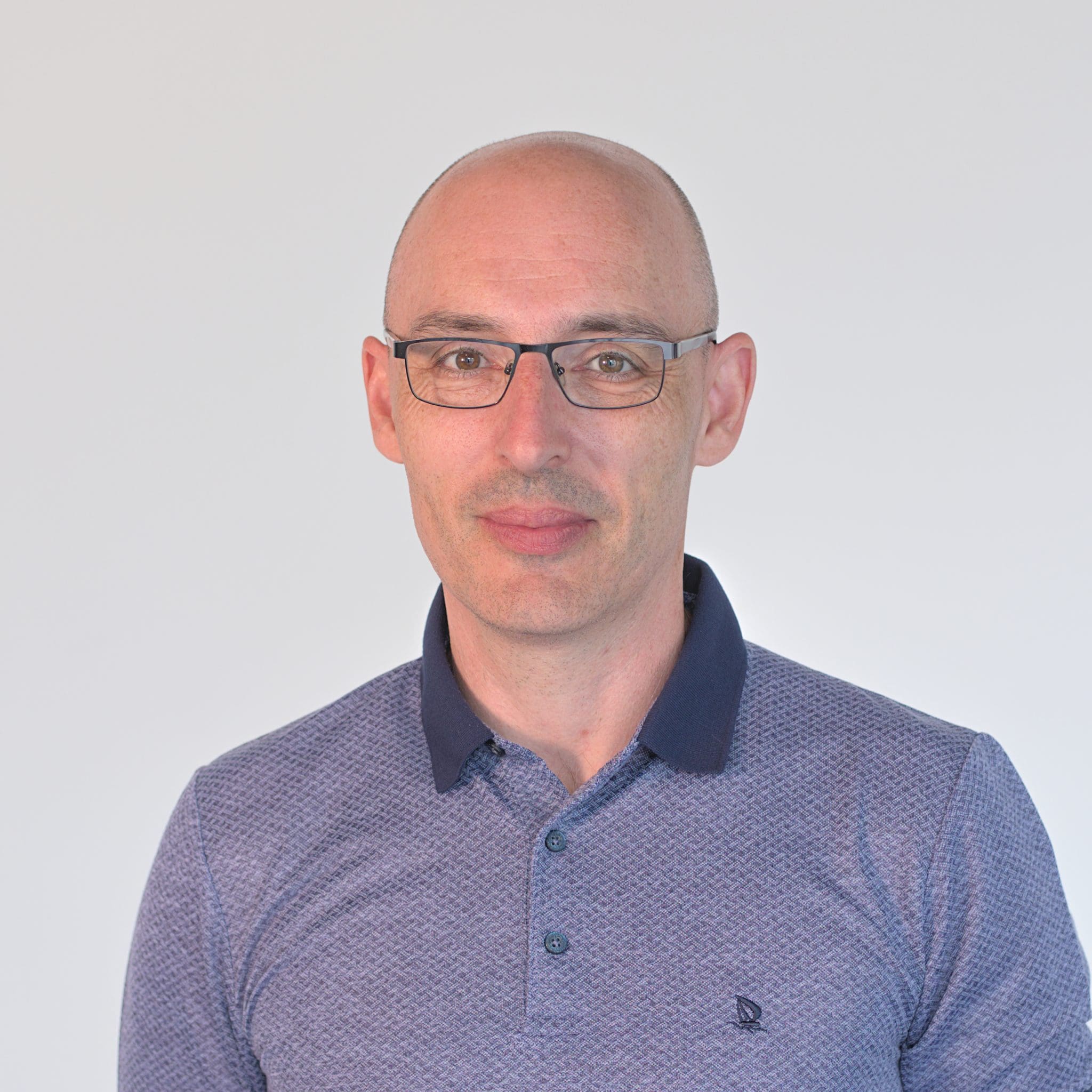
Dr Christophe Blanquart
Director of Research – Team leader
Nantes – Angers Cancer and Immunology Research Center
christophe.blanquart@inserm.fr
Full Bio
Our projects aim at understanding the tumor microenvironment (TME) of aggressive cancers, especially malignant pleural mesothelioma and lung cancer, to develop innovative therapeutic strategies by combining their direct cytotoxicity with induction of specific antitumor immune responses. Historically, our team has been interested to better understand the development of MPM by studying the TME, in particular the macrophages and soluble factors present in pleural fluids that are of therapeutic interest. On the basis of these results, we are developing innovative therapeutic approaches in the fields of targeted therapy, vectorisation and oncolytic viruses. Our aim is to modulate TME immunosuppression to enable the development of anti-tumour immune responses. Our work is based on a collection of patient pleural fluids and derived cell lines from which we are developing 3-D co-culture models including TME and microfluidics.

Dr Christopher Craig
Respiratory Consultant
Manchester University NHS Foundation Trust
Christopher.craig@mft.nhs.uk
Full Bio
Works as a Pleural and Lung Cancer Consultant working in a busy tertiary hospital.

Prof. Chandra Bortolotto
Researcher
University of Pavia
chandra.bortolotto@unipv.it
Full Bio
Diagnostic Imaging
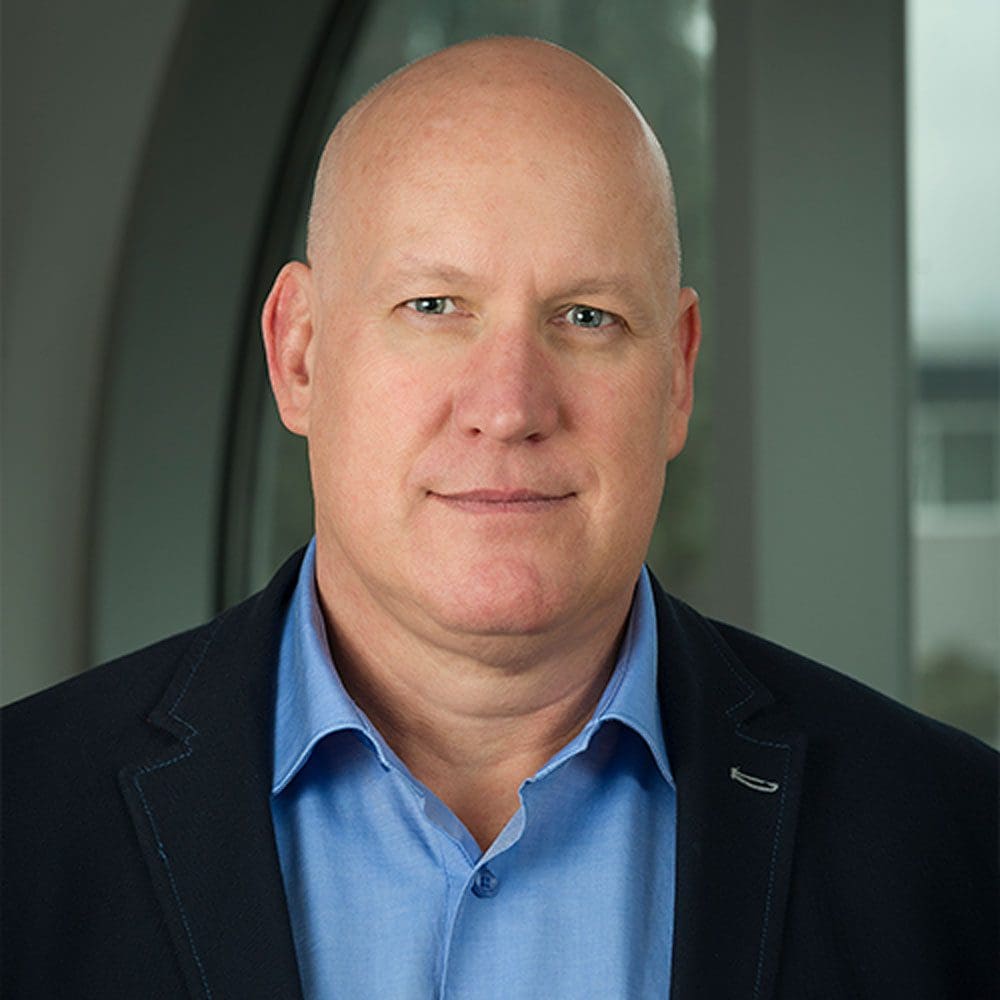
Professor Colin Collins
Professor and Senior Scientist
University of British Columbia and the Vancouver Prostate Centre
Full Bio
Prof Collins has a B.Sc. in Biological Sciences from Western New England College, Springfield, MA, and a Ph.D. in Medical Genetics from the University of British Columbia. As a pioneer in the field of translational genomics, Prof Collins was deeply involved in the development of molecular cytogenetics. He was the first to establish that genome copy number alteration predicts the risk of metastasis in prostate cancer patients and pioneered paired-end sequencing and its application to genome mapping strategies. More recently, Prof Collins has helped elucidate the mechanisms of transdifferentiation from prostatic adenocarcinoma to lethal neuroendocrine cancer which led to the development of liquid biopsies for prostate cancer. He established that the tumour microenvironment participates in driving prostate cancer metastasis and identified, for the first time, therapeutic vulnerabilities of mesothelioma.

Dr Cyrus Daneshvar
Consultant Thoracic Medicine
University Hospitals Plymouth NHS Trust
cyrus.daneshvar@nhs.net
Full Bio
Interests: Malignant thoracic disease and interventional pulmonology
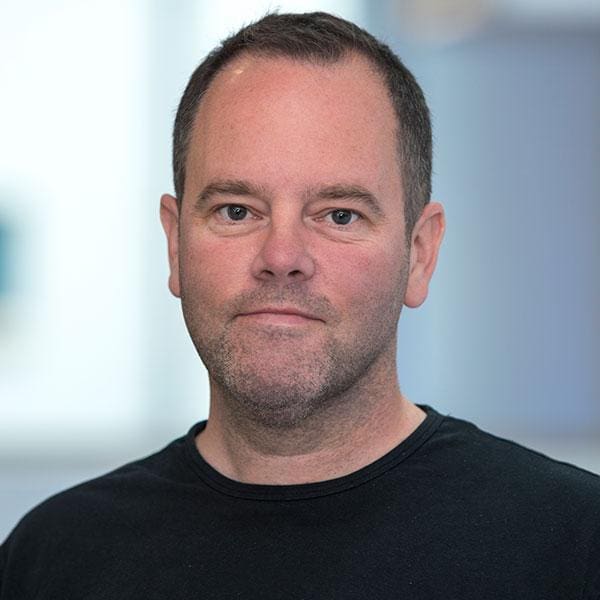
Professor Colin Semple
Head of Bioinformatics
MRC Human Genetics Unit
colin.semple@ed.ac.uk
Full Bio
We are a computational biology group based in the MRC Human Genetics Unit at the University of Edinburgh with broad interests in human disease genomics and molecular evolution. Our group performs computational analyses of large-scale genomic, transcriptomic and epigenomic datasets to shed light on the regulatory mechanisms encoded in the human genome. We also study the ways these mechanisms can be disrupted in developmental disorders and in cancers such as mesothelioma.

Dr Crispin Hiley
Associate Professor
UCL
crispin.hiley@ucl.ac.uk
Full Bio
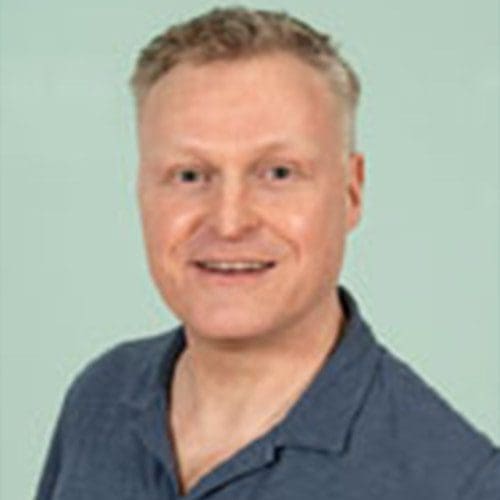
Professor Crispin Miller
Professor of Computational Biology
Beatson Institute for Cancer Research
Crispin.Miller@glasgow.ac.uk
Full Bio
The Miller group applies computational approaches including machine learning to the study of altered expression patterns in tumours. The group has a particular focus on the processes involved in the post-transcriptional regulation of protein expression
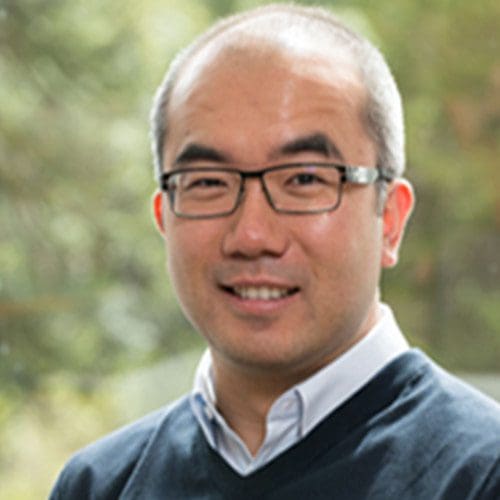
Professor David Chang
Professor of Surgical Oncology and Honorary Consultant Surgeon
University of Glasgow
david.chang@glasgow.ac.uk
Full Bio
David Chang is a surgeon scientist who specialises in the treatment of malignant pancreatic diseases. His research focus is on the development and implementation of novel therapeutic strategies for pancreatic cancer, particularly around DNA-damage response deficiency, by utilising molecular biomarkers of prognosis and therapeutic responsiveness. David co-leads Precision-Panc, a pan-UK initiative to deliver personalised cancer care for pancreatic cancer, and is the chief investigator of its Master Protocol and the first inter-related clinical trials. He is also involved in the Precision Promise initiative, a Pancreatic Cancer Action Network (USA) initiative dedicated in delivering personalized treatment for patients with pancreatic cancer, and contributes to ICGC ARGO, aiming to shape the future of the next generation cancer genomic projects to ultimately realise the goals and promises of precision medicine.
Clinically, David is an Honorary Consultant Pancreatic Surgeon at Glasgow Royal Infirmary as part of the West of Scotland Pancreatic Unit that serves as tertiary pancreatic referral centre for the West of Scotland. His research aims to shorten the distance between the bench and the clinic to ensure meaningful and seamless translation between the two.

Professor Daniel Murphy
Professor of Lung Cancer & Mesothelioma
University of Glasgow
Daniel.Murphy@glasgow.ac.uk
Full Bio
Research interests: Genetically engineered mouse models of mesothelioma and pre-malignant disease; tumour: inflammation/immune cross-talk; oxidative stress; Hippo pathway
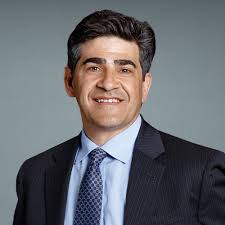
Dr Daniel Sterman
Division Director
NYU School of Medicine
Daniel.Sterman@nyulangone.org
Full Bio
Daniel H. Sterman, M.D., is the Thomas and Suzanne Murphy Professor of Pulmonary and Critical Care Medicine in the Departments of Medicine and Cardiothoracic Surgery at the New York University Grossman School of Medicine, Director of the Division of Pulmonary, Critical Care, and Sleep Medicine, and Director of the Multidisciplinary Pulmonary Oncology Program at NYU Langone Health in New York City. He was previously lead clinical investigator in the multidisciplinary Thoracic Oncology Research Group at the Perelman School of Medicine at the University of Pennsylvania and the Principal Investigator of the Clinical Trials Project for the Penn NCI thoracic oncology program project grant from 1997-2015.
Dr. Sterman’s research interests are related to the treatment of thoracic malignancies, specifically as they apply to the synergy of molecular medicine, tumor immunotherapy and novel technologies in Interventional Pulmonology. Over the past 25 years, he has focused on the translation of laboratory discoveries from the bench to the bedside: conducting multiple human clinical trials of gene therapy and vaccine therapy for lung cancer, mesothelioma, and other pleural malignancies.
More recently, as Director of the NYU PORT (Pulmonary Oncology Research Team), Dr. Sterman has expanded his research interests into assessment of the immune microenviroment of tumor-draining lymph nodes, as well as the development of local intra-tumoral and intra-nodal immunotherapies. He is currently co-national PI of the LuTK02 clinical trial of intratumoral CAN-2409 in patients with advanced non-small cell lung cancer refractory to immune checkpoint inhibition, as well as global PI of the INFINITE clinical trial, a randomized Phase III clinical trial of intrapleural adenovirus-interferon alpha 2b in combination with chemotherapy as second/third line therapy for unresectable malignant pleural mesothelioma.
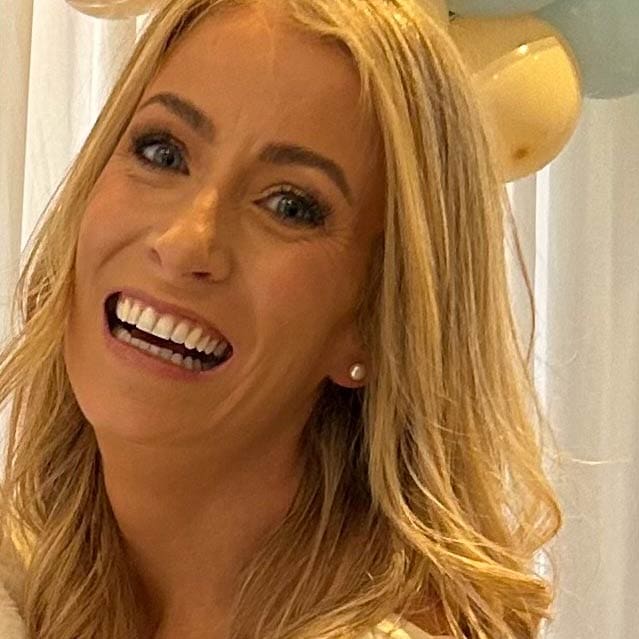
Mrs Eileen Jennow
Patient and public involvement (PPI) representative
PREDICT-Meso PPI
Eilee.mcmillan@live.co.uk
Full Bio
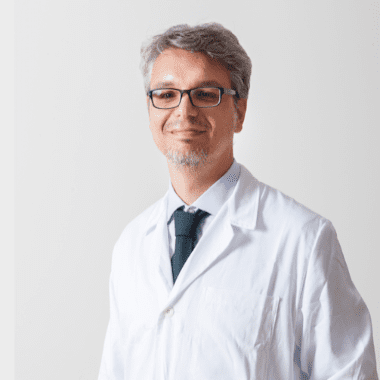
Prof. Enrico Oddone
Associate professor – Occupational medicine
Department of Public Health, Experimental and Forensic Medicine, University of Pavia (Italy)
enrico.oddone@unipv.it
Full Bio
For each person included in this FAEW group a complete reconstruction of past occupational history of asbestos exposure is available, as well as principal clinical information and blood samples stored in a biobank.
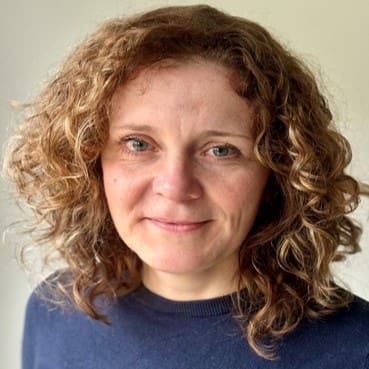
Ms Eva Lahnsteiner
PREDICT-Meso Data Manager
NHS Greater Glasgow and Clyde
Full Bio
Eva Lahnsteiner graduated with an MSc in Medical Informatics from the Vienna University of Technology in 2011, before working in various roles in Clinical Trials and Health Research.
As PREDICT-Meso Data Manager she is supporting data and sample access requests and the development of a Mesothelioma Common Data Model and Research Database.
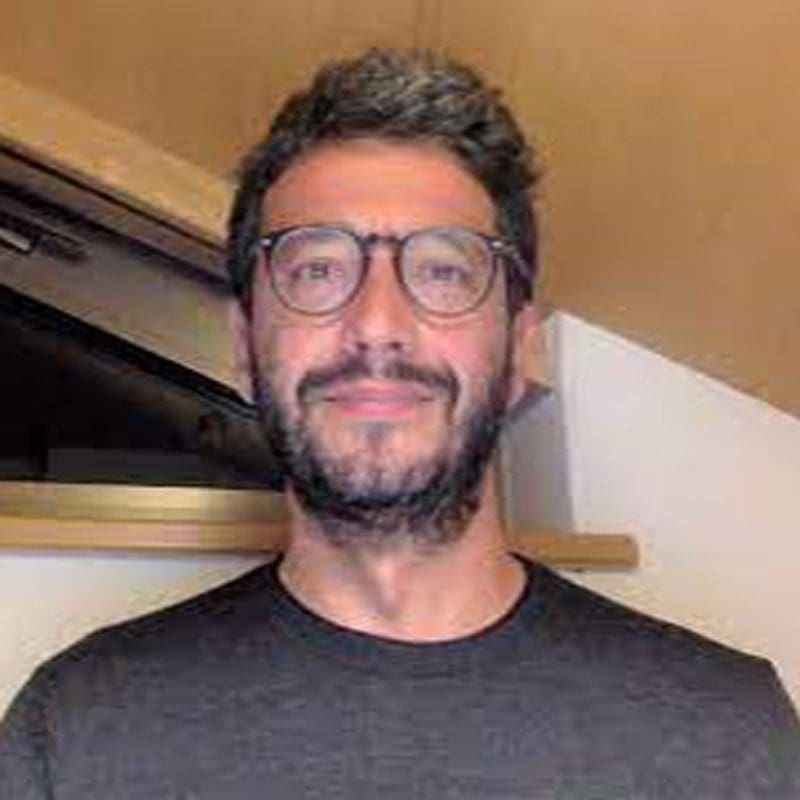
Dr Federico Mei
Consultant in Respiratory Medicine; Senior Lecturer
Polytechnic University of Marche f.mei@univpm.it
Full Bio
Research interests: Pleural disease and intervention; Non-specific pleuritits; translational mesothelioma work including cell lines and drug sensitivity
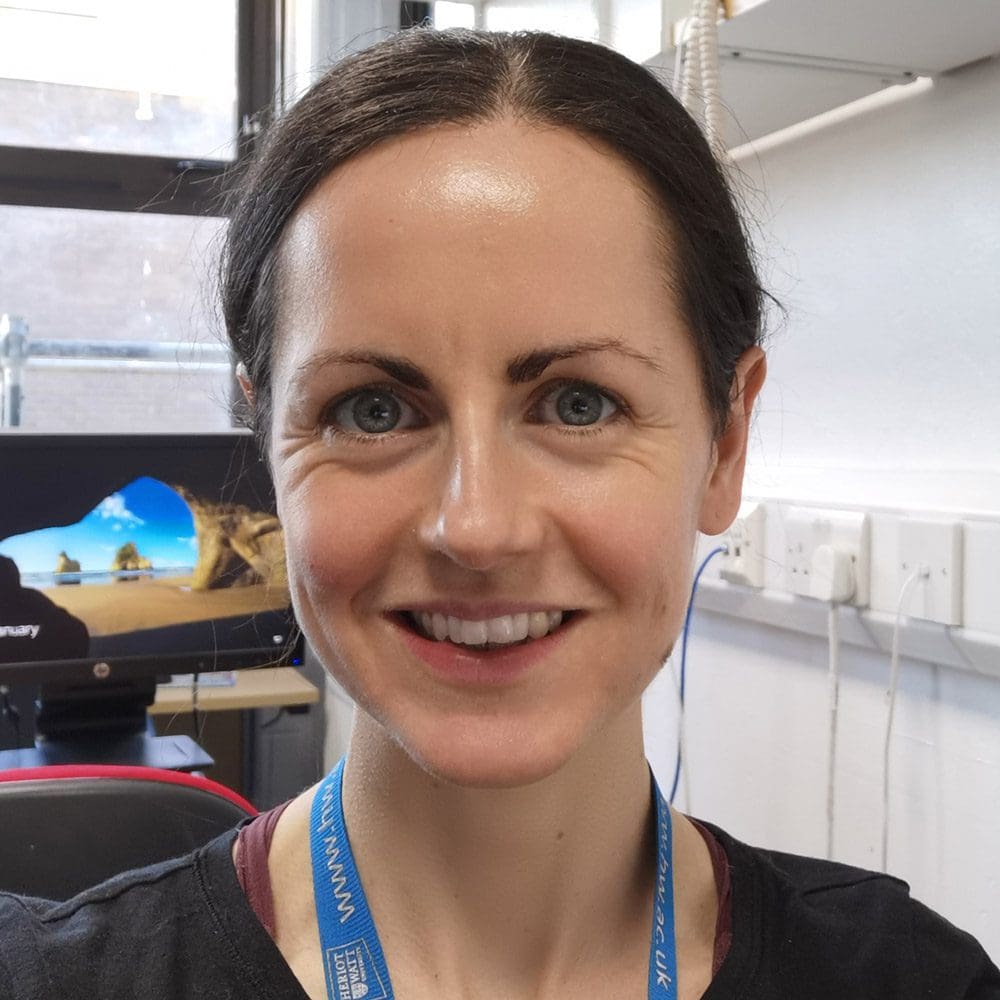
Dr Fiona Murphy
Lecturer in Immunology and Pharmacology
Strathclyde Institute of Pharmacy and Biomedical Sciences
f.murphy@strath.ac.uk
Full Bio
My research focuses on identifying the hazards to human health posed by inhalation exposure to aerosolised particles and nanomaterials. My current focus is on the development of physiologically-relevant in vitro models to reduce the reliance on rodent models for hazard assessment of novel materials and to improve our understanding of the underlying mechanism of particle-related lung disease. Current projects include the development of robust and reproducible lung alveolar tissue models and 3D tumour spheroid models of malignant mesothelioma for more efficient drug screening. In addition I am exploring how alternative lower tier whole organism models regularly used in infection and cancer studies, such as Galleria mellonella larvae and the chick embryo can be repurposed and applied to the hazard assessment of particles.

Professor Hans-Ulrich Kauczor
Full Professor and Chairman of Radiology
University of Heidelberg
Full Bio
Full Professor and Chairman of Radiology (University of Heidelberg), Medical Director of Diagnostic and Interventional Radiology at the University Hospital Heidelberg, Acting head of the Department of Translational Pneumology. Research Interests: Imaging, CT, MRI; Functional imaging; Quantitative imaging biomarkers; Staging, response assessment, prognostication
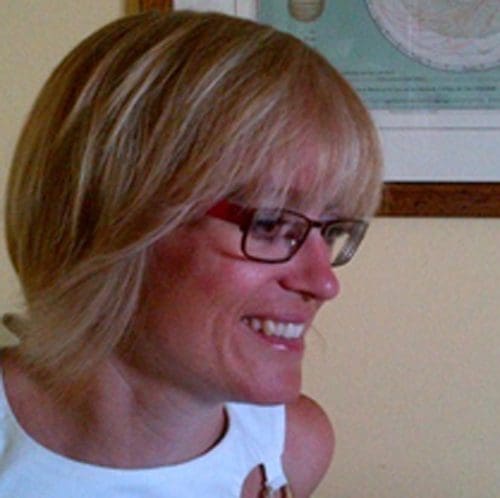
Dr Giulia Maria Stella
Assistant Professor
IRCCS San Matteo Hospital Foundation and University Medical School-Pavia
giuliamaria.stella@unipv.it
Full Bio
and the European Respiratory Society on topic focusing on malignant pleural mesothelioma and lung cancer
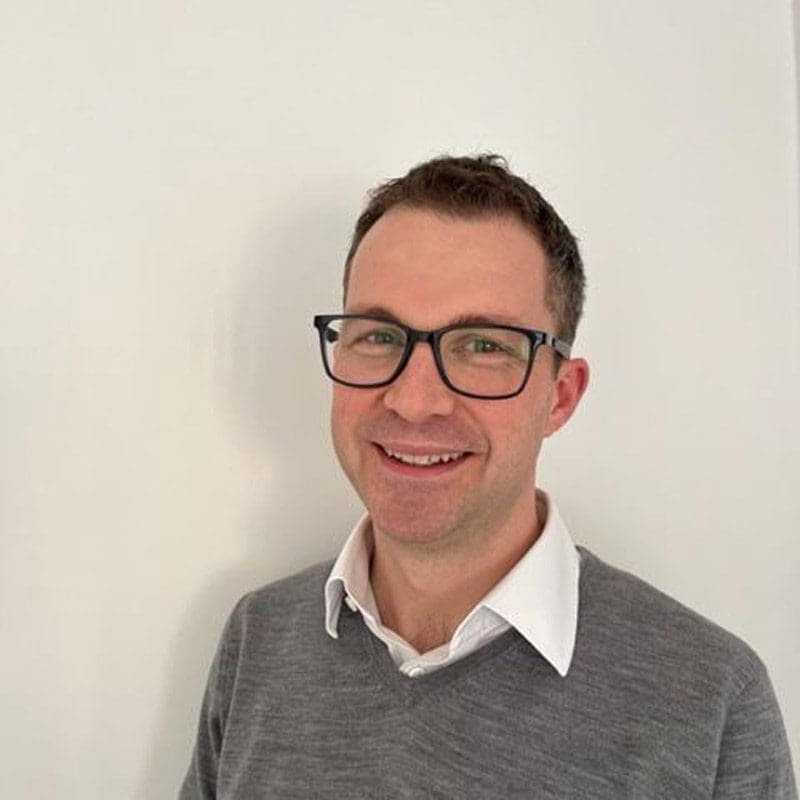
Dr Gordon Cowell
Consultant Radiologist, NHS GG&C & Honorary Clinical Senior Lecturer
Queen Elizabeth University Hospital, Glasgow
gordon.cowell@glasgow.ac.uk
Full Bio
Gordon Cowell is a consultant thoracic radiologist at the Queen Elizabeth University Hospital in Glasgow and an honorary clinical senior lecturer at the School of Cancer Sciences within the University of Glasgow. After completion of specialist training in the West of Scotland and taking up a consultant post in 2012, he has developed expertise in lung oncology, pleural imaging/mesothelioma and interstitial lung disease as well as a wider interest in whole body MRI. HIs research interests centre around lung cancer and pleural disease, with a particular focus on thoracic MRI applications, radiomics and pharmacokinetics.
Gordon is the lead radiologist for the Meso-ORIGINS study.
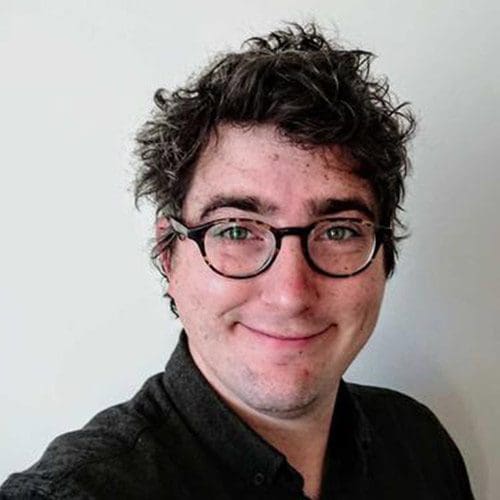
Dr Glenn Masson
Principal Investigator
School of Medicine, University of Dundee
gmasson001@dundee.ac.uk
Full Bio
I am interested in the role of the Integrated Stress Response in the development of mesothelioma. I use a variety of biochemical, structural biological and drug discovery methods to investigate potential new routes to therapy.
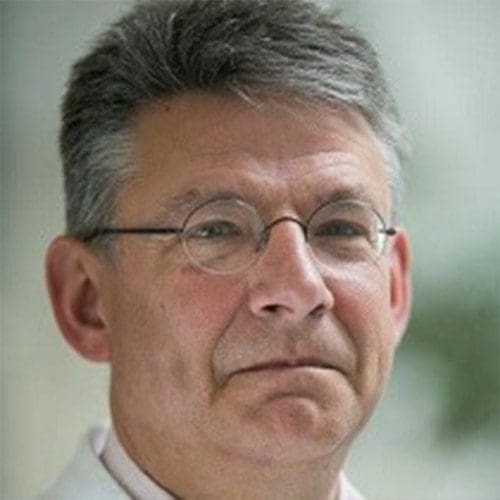
Professor Jan van Meerbeeck
Professor of Thoracic Oncology
University of Antwerp
Jan.VanMeerbeeck@uza.be
Full Bio
Professor in Pulmonology at Antwerp University and chair of the Pulmonology Department of its academic hospital (UZA). His translational scientific interests include the molecular diagnosis of lung cancer, the management of mesothelioma and the evaluation of volatile biomarkers of asbestos exposure. Together with Kevin Lamote, he is the founder of the breathomics lab within the Laboratory of experimental medicine and pediatrics (LEMP) at University of Antwerp. Member of European Reference Network for rare/ low prelavent diseases (ERN-Lung); Senior consultant thoracic oncology; Honorary professor of pulmonology

Mr. Ifedayo Ojo
Software Engineer
Scotland Institue of Cancer Research
i.ojo@beatson.gla.ac.uk
Full Bio

Mrs. Ildikó Kovács
PhD student/Researcher
National Korányi Institute of Pulmonology
kovacs.ildiko@koranyi.hu
Full Bio
Research interests:
– pre-clinical mouse models of mesothelioma
– PDX models
– angiogenesis and vascularization of mesothelioma

Ms. Imane Dalil
PhD Student
University of Surrey
i.dalil@surrey.ac.uk
Full Bio
This multidisciplinary project aims to synthesize a new range of potentially anti-cancer compounds, which would specifically target malignant pleural mesothelioma. The novel compounds will then be biologically tested on cancer cells in vitro to evaluate their efficacy and to ultimately identify the most potent molecule.
I strongly believe that collaborating is necessary to progress in the science field at a much faster rate, which is something we terribly need in general and especially for mesothelioma.
As we are planning to test our compounds in the future, I am looking to identify which type of in vitro cancer model is the more efficient and accurate in drug-testing. I’d be more than happy to discuss and collaborate with anyone in the field.
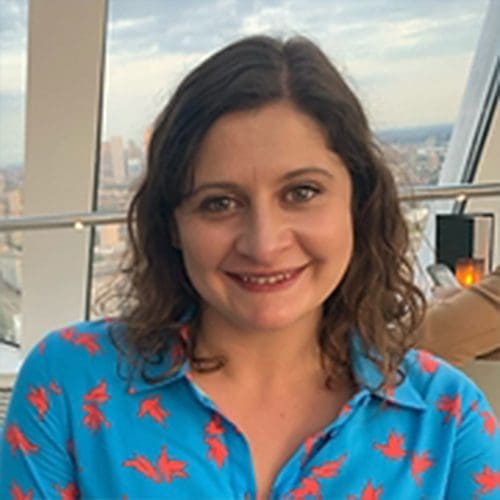
Dr Janet Fallon
Consultant Respiratory Physician
Musgrove Park Hospital, Somerset NHS Foundation Trust
Janet.Fallon@SomersetFT.nhs.uk
Full Bio
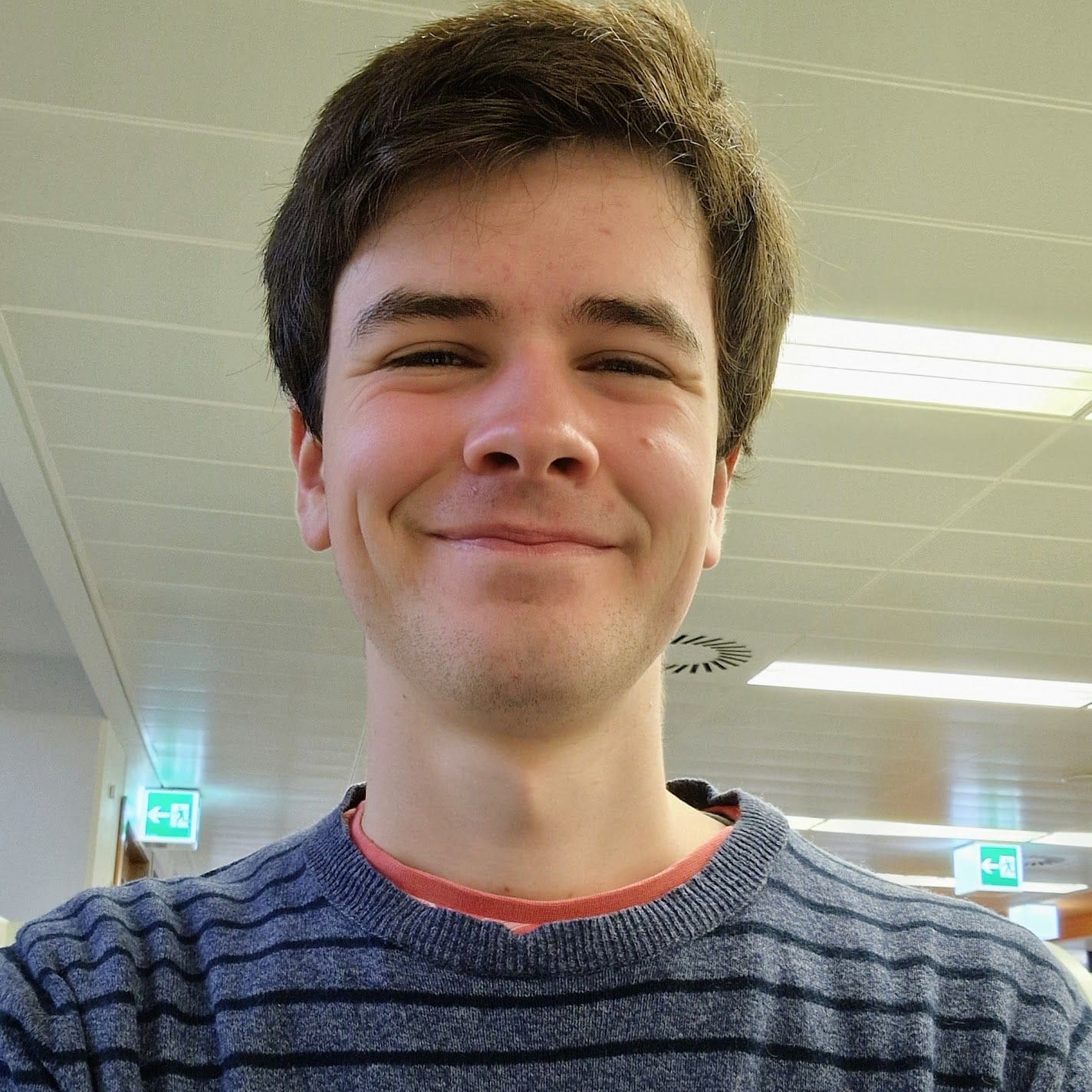
Mr Joshua Roche
Predict-MESO PhD Student
University of Glasgow
j.roche.1@research.gla.ac.uk
Full Bio
Joshua is currently working towards a PhD in Deep Learning. Working within the Predict-MESO Project, the intention is to follow Work Package 5.5 in improving an AI that can automatically segment and estimate mesothelioma tumour volume.
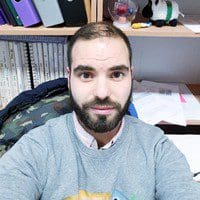
Dr Jean-Baptiste Assie
Pulmonologist
Créteil Hospital – Paris-Est University (UPEC)
jeanbaptiste.assie@aphp.fr
Full Bio
I use daily preclinical models such as primary cell lines, spheroid models and murine models thanks to University of Jerusalem (Dr Ori WALD) partnership.
I’m very interested to become a member of PREDICT-Meso to collaborate and improve my knowledge in different preclinical models in this disease.

Dr Joseph Stewart Friedberg
Surgeon-in-Chief, Thoracic Surgery
Temple University Health System
joseph.friedberg@tuhs.temple.edu
Full Bio
Dr. Friedberg has published more than 100 peer reviewed articles, more than 30 book chapters, and is the inventor on multiple U.S. patents. He has over 100 national and international research presentations and has been an invited speaker and visiting professor, both nationally and internationally. He has also performed demonstration operations across the globe. He serves on the Scientific Advisory Board for the Mesothelioma Applied Research Foundation, the Board of the International Mesothelioma Interest Group, and the Mesothelioma Committee for the International Association for the Study of Lung Cancer. He has served in multiple editorial positions, including the original Thoracic Surgery Section Editor for UpToDate.
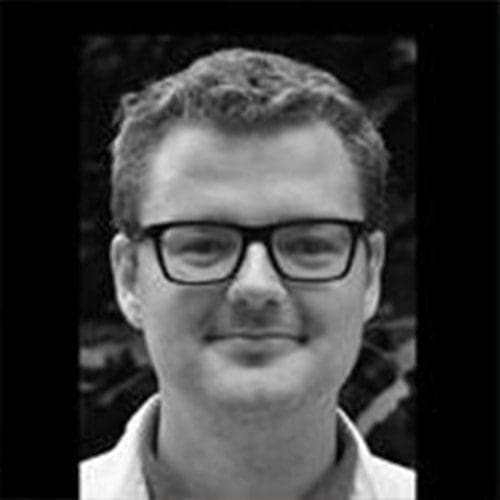
Dr Kevin Lamote
Collaborator WP5.1, lead for Meso-ORIGINS study exhaled breath analysis
Postdoc researcher, University of Antwerp
Kevin.Lamote@uantwerpen.be
Full Bio
PREDICT-Meso Collaborator WP5.1, lead for Meso-ORIGINS study exhaled breath analysis
Kevin Lamote graduated as Master in Biomedical Sciences in 2011 at Ghent University (Belgium). At the same university, he obtained his PhD in 2017 where he developed and validated a breath test to detect malignant pleural mesothelioma and lung cancer in at risk asbestos-exposed individuals based upon the analysis of volatiles in breath by using mass spectrometry, sensor and spectroscopic techniques. Since then, he works as postdoc at the University of Antwerp where he is currently assessing the clinical utility of the breath test and extending his research to studying the volatiles in the gut and lung microbiome, and their use as diagnostic and monitoring biomarkers in non-malignant diseases in vivo as well as in vitro. He is a member of the European Respiratory Society and the international Association for breath research. He is also associate editor for Microbiota in Health and Disease and a member of the Basic Science Working Group of the Belgian Respiratory Society. He is (co-)promotor of 6 ongoing PhD’s all studying different aspects of breath analysis.

Dr John Maclay
Consultant in Respiratory Medicine, Honorary Clinical Senior Lecturer and NRS Career Research Fellow,
Glasgow Royal Infirmary- NHSGGC
john.maclay@ggc.scot.nhs.uk
Full Bio

Professor Judy M Coulson
Professor
University of Liverpool
jcoulson@liverpool.ac.uk
Full Bio
Judy is a Professor in the Department of Cellular and Molecular Physiology at the University of Liverpool, where she runs a research group funded by North West Cancer Research, Breast Cancer Now, Fight for Sight, EPSRC and the NC3Rs. Her research interests are in deciphering the interplay between signalling, transcriptional regulation, and the modification of proteins by reversible ubiquitylation, with the aim of translating discoveries as potential therapeutic approaches or biomarkers, in mesothelioma, uveal melanoma or breast cancer. Her lab has been working on the discovery of BAP1-dependent therapeutic sensitivities in mesothelioma and recently developed novel chick embryo CAM xenografts of mesothelioma cell lines and patient-derived tissues (PDX) for preclinical testing. Judy has established a Liverpool Chick Embryo Facility (CEF) together with the Facility Manager Dr Sarah Barnett at the University of Liverpool, which can provide collaborative support or services for internal and external projects. Judy is a member of the Mesothelioma UK Research and Audit Scientific Committee and has served on advisory boards including the Mesothelioma Research Network Steering Group. She is the Deputy Associate Pro Vice Chancellor for Technology, Infrastructure and Environment in the Faculty of Health and Life Sciences at Liverpool, and the Faculty Lead for Equality Diversity and Inclusion.
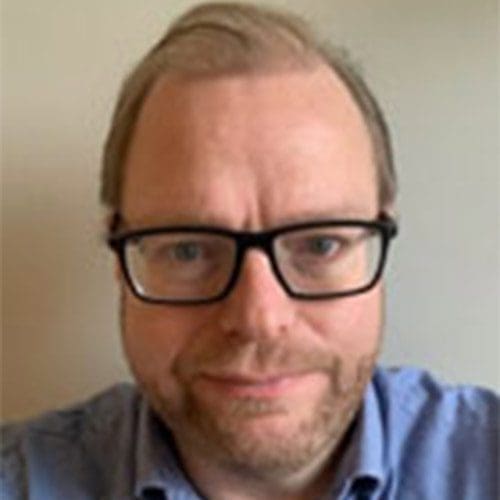
Professor John Le Quesne
Professor in Molecular Pathology
Beatson Institute for Cancer Research
John.LeQuesne@glasgow.ac.uk
Full Bio
The Le Quesne group use quantitative deep phenotyping methods to ask questions about tumour biology in intact tissues from humans and from animal models. We have particular interests in the dysregulation of mRNA translation, in the complex tumour microenvironment, in morphological biomarkers, and in the development of highly multiplexed quantitative methods using machine learning methods. Mesothelioma is an area of particular interest.
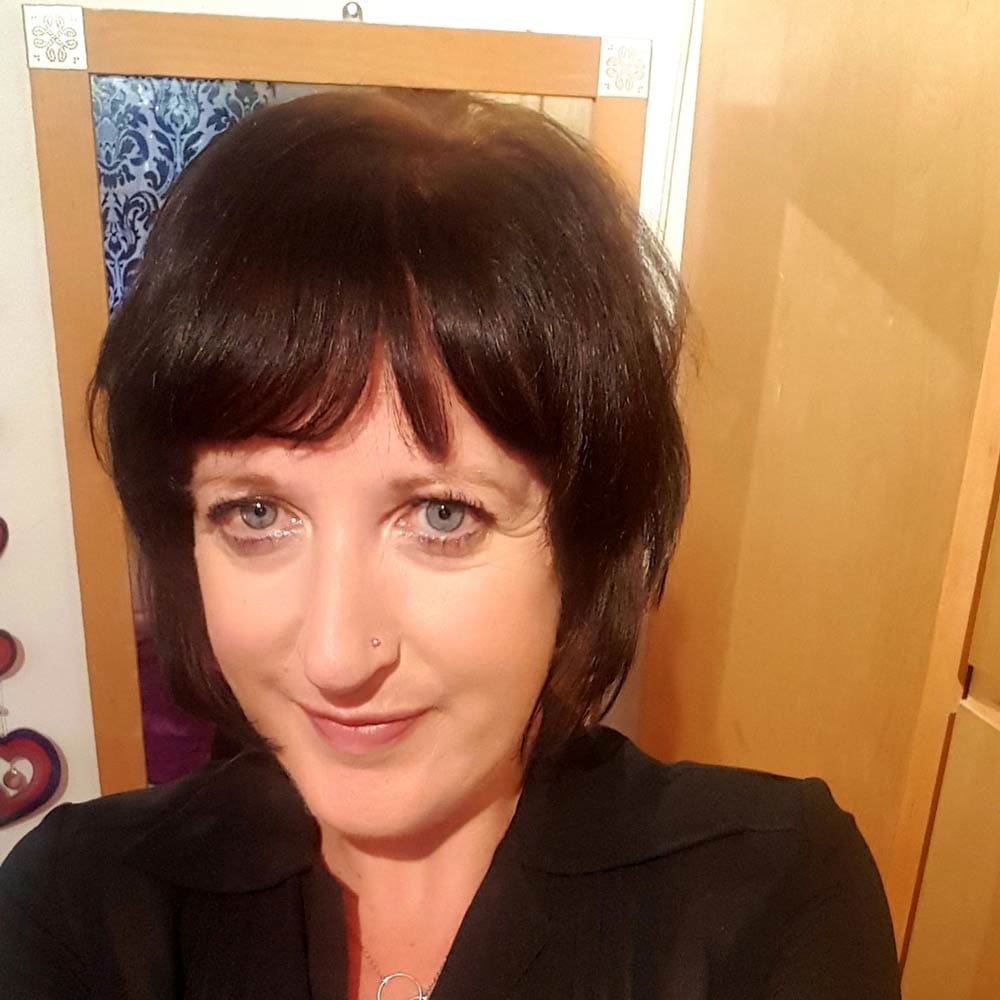
Ms Kerry Simpson
Research Nurse
University Hospitals of Morecambe Bay
kerry.simpson@mbht.nhs.uk
Full Bio
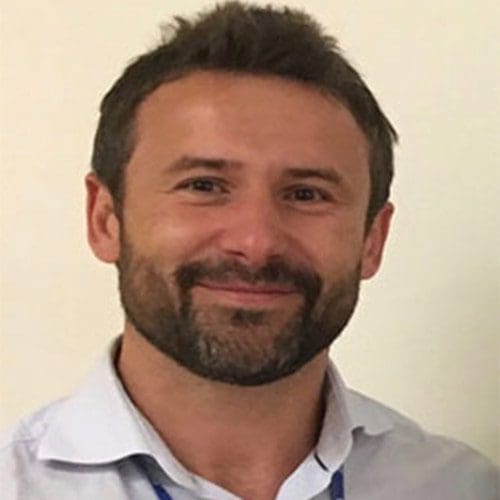
Professor Kevin Blyth
Professor of Respiratory Medicine
University of Glasgow
Kevin.Blyth@glasgow.ac.uk
Full Bio
PREDICT-Meso Network PI, Co-Lead WP1, Co-Lead WP5.1
Kevin Blyth is Professor of Respiratory Medicine at University of Glasgow, and Honorary Consultant in Respiratory Medicine at NHS Greater Glasgow and Clyde (NHSGGC). Following completion of Internal and Respiratory Medicine training and the award of an MD in Magnetic Resonance Imaging, he was appointed as a Consultant in 2009. He splits his time between the CRUK Beatson Institute/University of Glasgow and the Queen Elizabeth University Hospital, where he leads the Glasgow Pleural Disease Unit. He founded and is Director of the Macmillan Scottish Mesothelioma Network, which coordinates clinical care and access to clinical trials for Mesothelioma patients in Scotland. He is an NHS Scotland Research (NRS) Senior Research Fellow and leads a translational research program focused on pleural disease and thoracic malignancy, and has a particular interest in Mesothelioma. He is Principal Investigator of the CRUK PREDICT-Meso International Accelerator Network, and Meso-ORIGINS study site PI for the Queen Elizabeth University Hospital, NHS GGC.
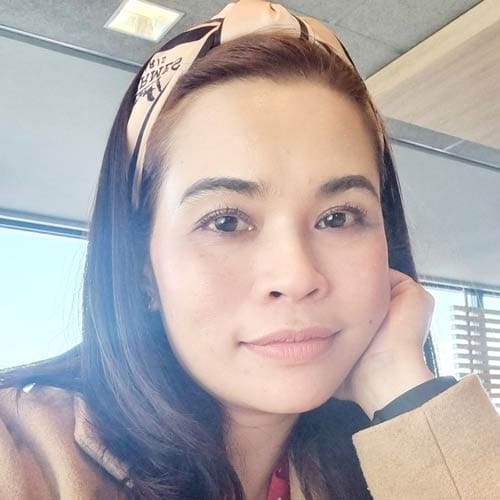
Mrs Liberty Vasquez
Northumbria HealthCare NHS Foundation Trust
Clinical Trials Assistant
vasquezln78@outlook.com
Full Bio

Ms Lisa Gallagher
Northumbria Healthcare NHS
Clinical Trials Practitioner
lisa.gallagher@northumbria-healthcare.nhs.uk
Full Bio
Research Nurse for PREDICT-Meso clinical study
Meso-ORIGINS at site Northumbria Healthcare NHS
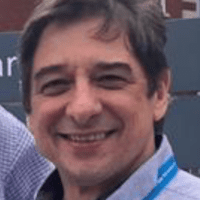
Dr Klaus Irion
Manchester University NHS Foundation Trust
Klaus.Irion@mft.nhs.uk
Full Bio
PREDICT-Meso Co-Investigator WP5.1
Research Interests: Lung Cancer Imaging, COPD Diffuse Interstitial Lung Diseases, Imaging Quantification, Medical Education
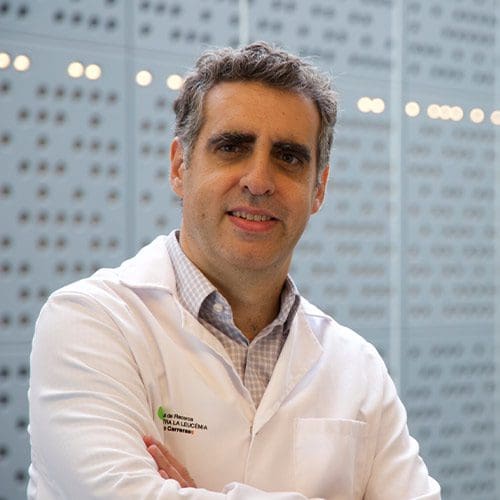
Dr Manel Esteller
Director
Josep Carreras Leukaemia Research Institute (IJC)
mesteller@carrerasresearch.org
Full Bio
The Cancer Epigenetics group continues the wide-ranging work on epigenetics that Manel Esteller, the group leader, has carried out during his career until now. Current research is devoted to the establishment of the epigenome and epitranscriptome maps for normal and transformed cells, the study of the interactions between epigenetic modifications and non-coding RNAs, and the development of new epigenetic drugs for cancer therapy.
The Cancer Epigenetics Group’s main research interests are:
– Epigenetic disruption of mRNA transcription, particularly in DNA methylation and histone modification patterns, and its contribution to the initiation and progression of human tumours.
– Translation of the use of epigenetic knowledge gained from research into biomarkers to predict clinical outcome and to assay new drugs to reverse the distorted epigenetic landscape.
– Development and study of new epigenetic drugs that target DNA methylation and histone modification writers, readers and erasers and could have an anti-cancer effect.
– Study of monogenic disorders affecting epigenetic genes, particularly in Rett syndrome.
Study of epigenomic profiles of common diseases such as cardiovascular alterations and Alzheimer and other neurodegenerative diseases.
– Establishment of new epigenomic platforms to elaborate comprehensive DNA methylome maps.
In addition, the study of epitranscriptomics is a focus of intense research in the group.

Prof. Luc Willems
Research Director
GIGA
luc.willems@uliege.be
Full Bio
I have been working on mesothelioma (MPM) for many years and published 113 peer reviewed papers on this tumor to date. My group is currently particularly active in setting up 3D model of MPM and Bio-banking aimed at validating novel avenues of treatment. We have developed an extended expertise in detecting novel actionable targets with particular focus in DNA repair, metabolism and markers of immune-resistance

Dr Luciano Mutti
Professor Translational Oncology
SHRO/Temple University, Philadelphia, USA
luciano.mutti@temple.edu
Full Bio
I have been working on mesothelioma (MPM) for many years and published 113 peer reviewed papers on this tumor to date. My group is currently particularly active in setting up 3D model of MPM and Bio-banking aimed at validating novel avenues of treatment. We have developed an extended expertise in detecting novel actionable targets with particular focus in DNA repair, metabolism and markers of immune-resistance
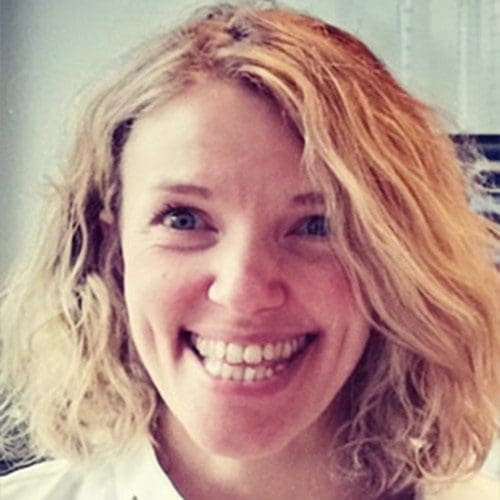
Dr Lucy Jackson Jones
Lecturer in Biomedicine
Lancaster University
L.jackson-jones@lancaster.ac.uk
Full Bio
The Jackson-Jones group focuses on local immune responses occurring within the body cavities. We investigate the interaction between fat associated lymphoid clusters and their products (antibodies/lipids/cytokines) with immune cells within the peritoneal and pleural fluid in the context of inflammation, infection and cancer.
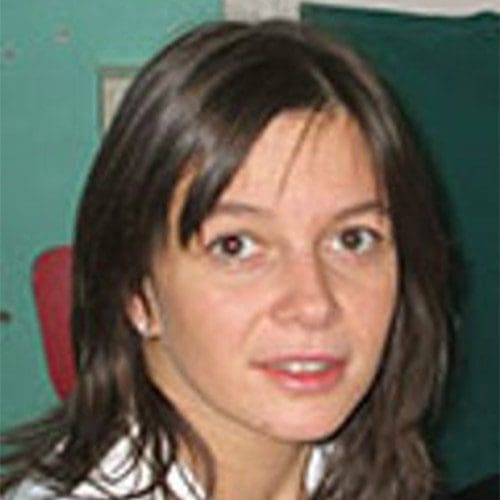
Professor Luisella Righi
University of Turin
Associate Professor of Pathology
Full Bio
Full Bio
As a pathologist I’m daily dedicated to diagnostic histopathology and cytology of thoracic oncology together with diagnostic immunohistochemistry and molecular biology techniques applied to histo- and cytopathology. As a researcher my fields of interest are mainly focused on translational studies of histology, immunohistochemistry and molecular pathology applied to thoracic tumors: in particular, I studied the application of immunocytochemistry and molecular biology to identify new biomarkers of neoplasia and/or characterise the phenotypic and molecular profile of various human thoracic tumors, such as non-small cell lung cancer, malignant pleural mesothelioma and neuroendocrine tumors, establishing correlation with clinico-pathological parameters, response to therapy and prognosis.
Prof Righi’s team will provide retrospective MPM pairs and provide expertise in diagnostic histo- and cyto-pathology on MPM samples as part of WP1 .
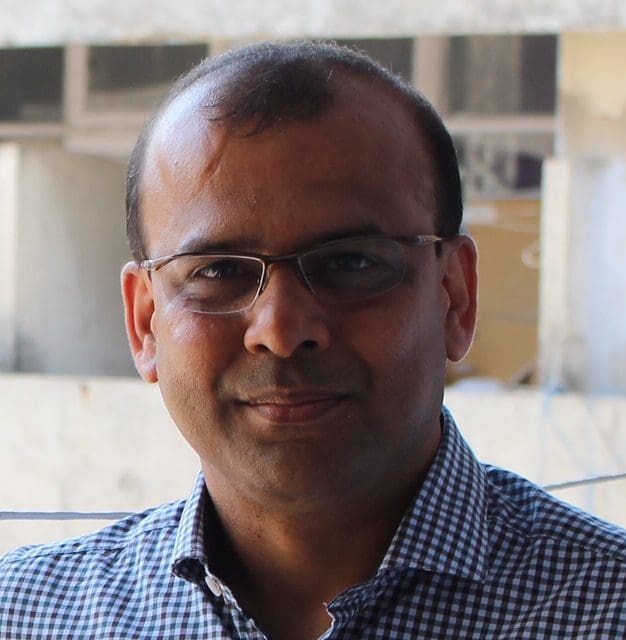
Dr Mahendran Chetty
Consultant Respiratory Physician
NHS Grampian
mahendran.chetty@nhs.scot
Full Bio
Areas of interest: Pleural disorders and interventions, lung cancer including mesothelioma endobronchial ultrasound
Clinical lead for Pleural diseases
Clinical lead Scottish National Mesothelioma Network – Grampian

Prof. Mara Bonelli
Associate Professor
Department of Medcine and Surgery, University of Parma
mara.bonelli@unipr.it
Full Bio

Professor Marco Bianchi
Professor
Università Vita-Salute San Raffaele (UniSR), Milan
bianchi.marco@hsr.it
Full Bio
PREDICT-Meso Co-Lead WP3.1, Co-Investigator WP4
My group participated in the identification of HMGB1 as an initial pathogenetic trigger in the inflammation that accompanies the development of mesothelioma and later as a pro-tumoral molecule secreted by tumour cells and macrophages in mesothelioma.
More recently, we have been developing molecules to target, mouse models of mesothelioma and organoids from human mesothelioma fragments to assess the efficacy of antitumor drugs.
We have recently developed technology to obtain organoids from human and mouse non-tumoral pleura and mesothelioma surgical fragments and will disseminate to other coinvestigators in the UK our expertise in generating and exploiting these novel patient-derived models (as part of WP3). As part of WP4, we also plan to test BoxA, our most interesting anti-mesothelioma drug lead, as an exemplar drug on human organoids and on genetically modified mesothelioma models (GEMMs) developed by other team members
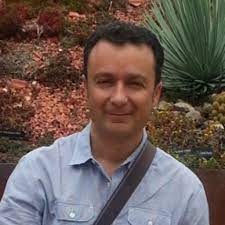
Dr Marco Tomasetti
Researcher
Department of Clinical and Molecular Sciences, Occupational Medicine, Polytechnic University of Marche, Ancona Italy
m.tomasetti@univpm.it
Full Bio
Study of carcinogenesis induced by exposure to environmental/occupational carcinogens: asbestos-induced toxicity, involvement of cell signaling, DNA damage and repair, inflammatory-angiogenic response and gene expression. Identification of biomarkers for early detection of malignant mesothelioma. MicroRNA involved in the development of thoracic malignancies including Malignant Mesothelioma and their use in therapy. Study of cancer biology using in vitro model as such as 3D-cell culture, spheroids, organoids, patient-derived organoids and in vivo animal models.

Ms Margherita Piccardi
PhD student
University of Pisa
margherita.piccardi@phd.unipi.it
Full Bio
PREDICT-Meso Co-Investigator- Co-Lead WP3.1, Co-Lead WP4
Full Bio
Prof. MacFarlane co-leads the ‘Mechanisms of Fibre Toxicity’ Programme at the MRC Toxicology Unit. The MRC team have characterised asbestos-induced mesothelioma development in vivo via longitudinal analysis of candidate tumour suppressor gene status throughout disease development in the pleura (Chernova et al, Curr Biol 2017). In addition, the team have successfully established low-passage patient-derived mesothelioma cell lines (PDCLs) from surgical resections, and have shown these recapitulate human disease (Chernova et al, Cell Death Differ 2016). The team will contribute to PREDICT-Meso by 1) establishing well-characterised PDCLs from pleural effusions, obtained at both pre-MPM and MPM stage (WP3), 2) in collaboration with the Bianchi team (Milan), establish 3D organotypic models for initial in vitro validation of drug screen candidates/target-drug validation (WP3&4), and 3) with the Murphy Lab (Glasgow), help establish and subsequently employ immunocompetent GEM models of asbestos-induced pleural mesothelioma for target-drug validation in vivo (WP4)

Professor Marion MacFarlane
Deputy Director of the MRC Toxicology Unit
University of Cambridge
mm2312@mrc-tox.cam.ac.uk
Full Bio
PREDICT-Meso Co-Investigator- Co-Lead WP3.1, Co-Lead WP4
Full Bio
Prof. MacFarlane co-leads the ‘Mechanisms of Fibre Toxicity’ Programme at the MRC Toxicology Unit. The MRC team have characterised asbestos-induced mesothelioma development in vivo via longitudinal analysis of candidate tumour suppressor gene status throughout disease development in the pleura (Chernova et al, Curr Biol 2017). In addition, the team have successfully established low-passage patient-derived mesothelioma cell lines (PDCLs) from surgical resections, and have shown these recapitulate human disease (Chernova et al, Cell Death Differ 2016). The team will contribute to PREDICT-Meso by 1) establishing well-characterised PDCLs from pleural effusions, obtained at both pre-MPM and MPM stage (WP3), 2) in collaboration with the Bianchi team (Milan), establish 3D organotypic models for initial in vitro validation of drug screen candidates/target-drug validation (WP3&4), and 3) with the Murphy Lab (Glasgow), help establish and subsequently employ immunocompetent GEM models of asbestos-induced pleural mesothelioma for target-drug validation in vivo (WP4)
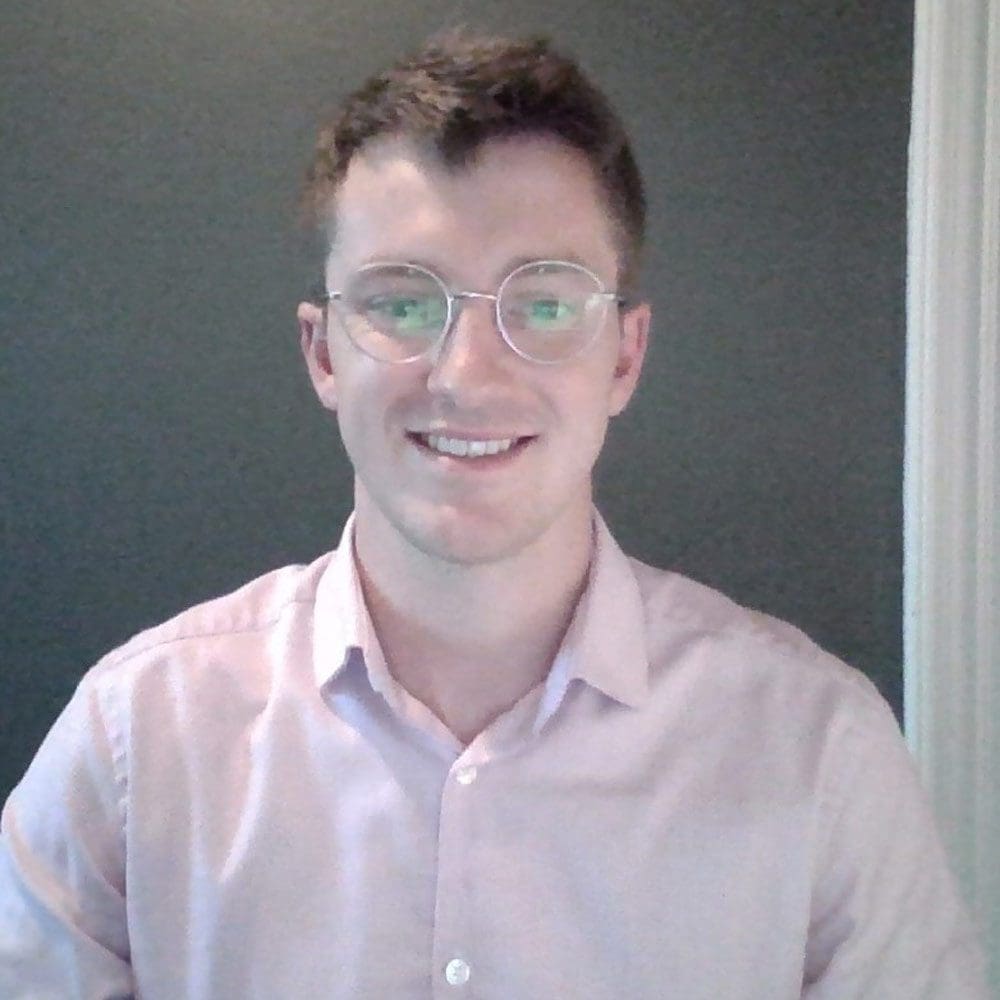
Dr Mark Neilly
Clinical Research Fellow
University of Glasgow
mark.neilly@ggc.scot.nhs.uk
Full Bio
Mark Neilly graduated with an MBChB from the University of Dundee in 2016 and completed Internal Medicine Training in the West of Scotland in 2022.
He is currently undertaking a PhD in Cancer Sciences with the University of Glasgow.
His role is centred around the clinical elements of PREDICT-Meso, namely the coordination of recruitment to Meso-ORIGINS.
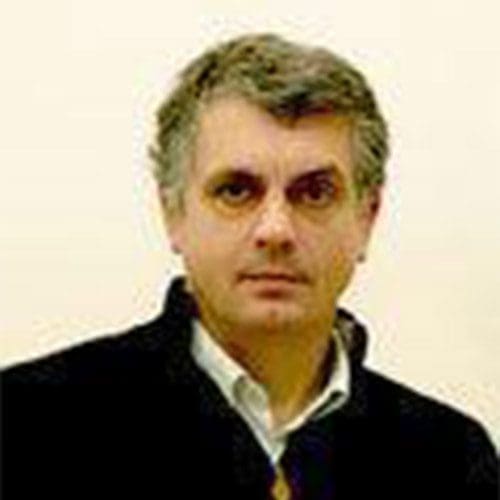
Professor Mauro Papotti
Head of the Pathology Unit
University of Turin at Health and Science City Hospital
mauro.papotti@unito.it
Full Bio
Prof Papotti’s team will provide retrospective MPM pairs and provide expertise in diagnostic histo- and cyto-pathology on MPM samples as part of WP1.
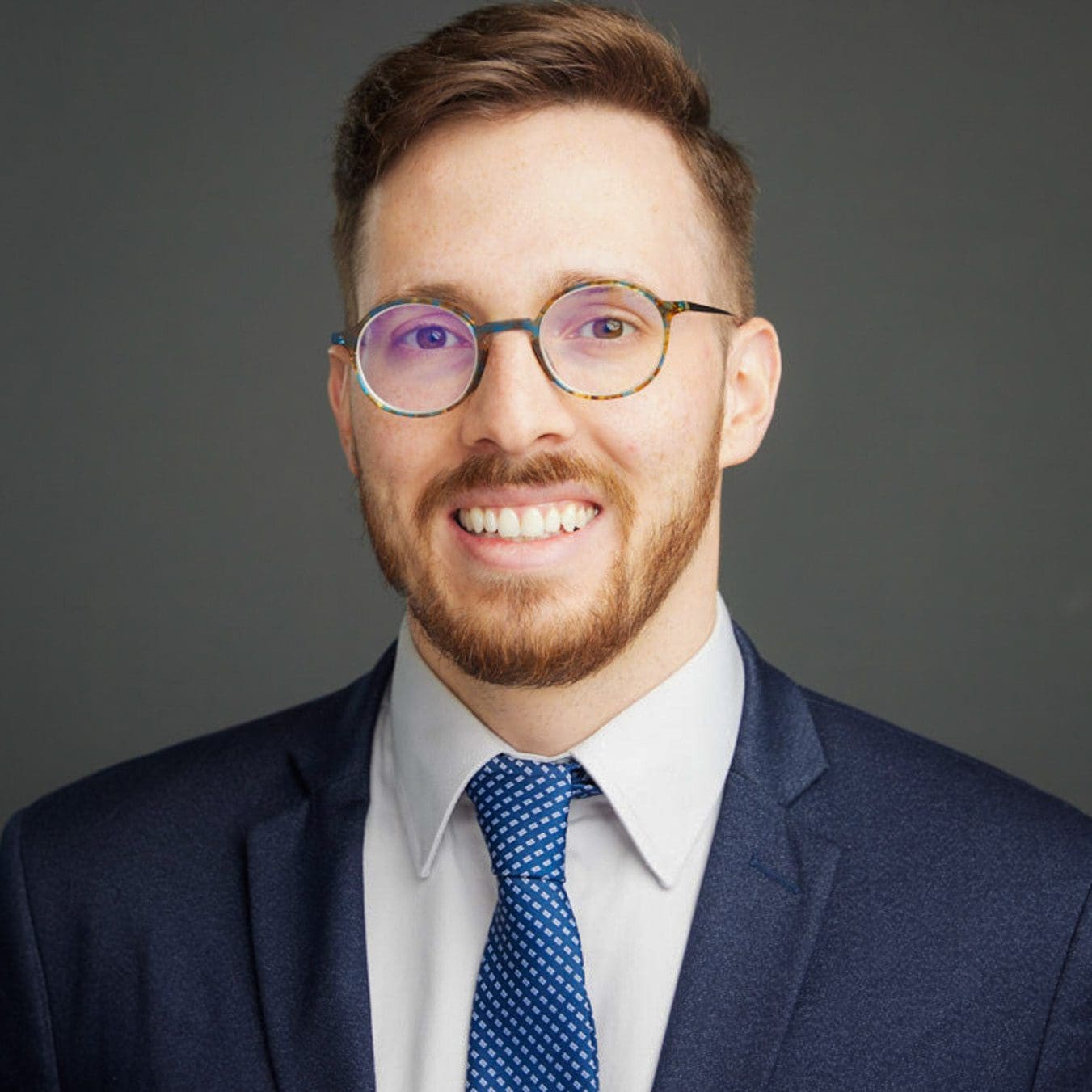
Dr Matheus Zanon
PREDICT-Meso PhD Student
St. Lucas Hospital, Pontifical Catholic University of Rio Grande do Sul, Brazil
m.zanon22@edu.pucrs.br
Full Bio
Medical Degree by the Federal University of Health Sciences of Porto Alegre (UFCSPA), in Porto Alegre, Brazil.
MSc in Investigative Pathology at UFCSPA.
PhD student in Investigative Pathology at UFCSPA.
Radiology resident at St. Lucas Hospital, Pontifical Catholic University of Rio Grande do Sul, Brazil
Special research interests in thoracic imaging, quantitative analysis of imaging exams, and meta-analyses.
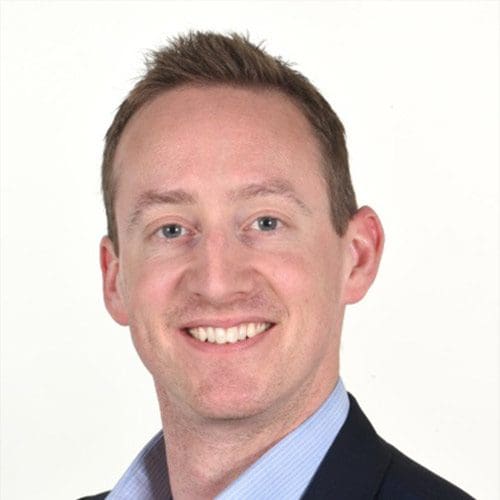
Dr Matthew Evison
Consultant Chest Physician
Manchester University NHS Foundation Trust
matthew.evison@mft.nhs.uk
Full Bio
PREDICT-Meso Co-Investigator WP1
Consultant Chest Physician at Wythenshawe Hospital, Manchester University NHS Foundation Trust.
Clinical lead for the CURE programme and Tobacco Addiction and a core member of the Specialist Lung Cancer and Pleural Teams. This role includes delivery of the CURE, RAPID and Lung Health Check programmes at Wythenshawe Hospital.
Director of the Lung Pathway Board and clinical lead for the CURE project for Greater Manchester.
Member of the British Thoracic Society Specialist Advisory Groups for Tobacco and Pleural and a member of the British Thoracic Oncology Group Steering Committee.
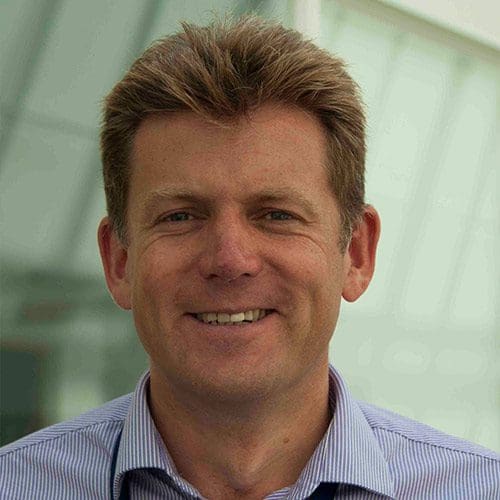
Professor Nick Maskell
Professor of Respiratory Medicine
North Bristol NHS Trust
nick.maskell@bristol.ac.uk
Full Bio
Research interests: Randomised controlled clinical trials; Pleural disease & interventions; Newer treatments including immunotherapy
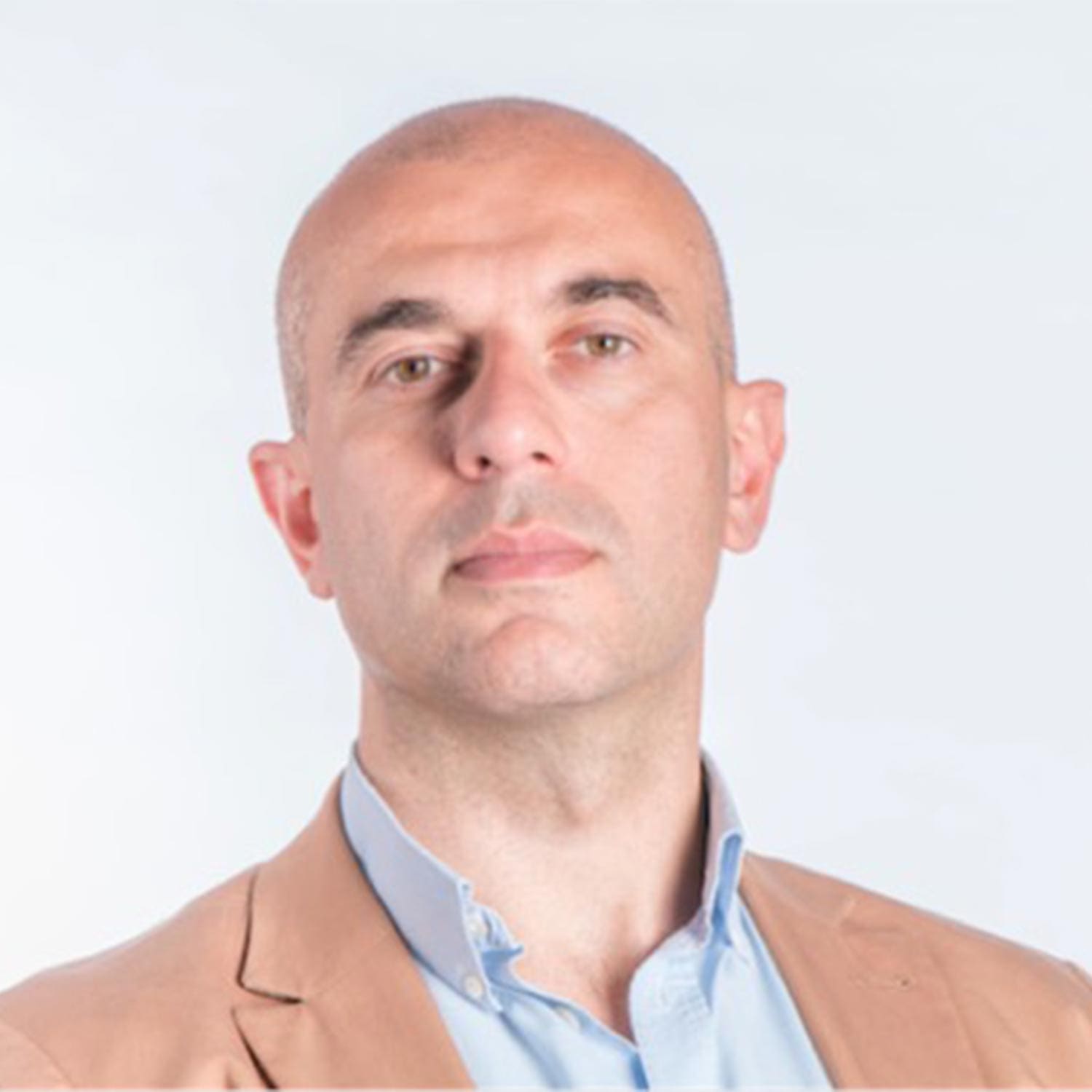
Professor Michelangelo Campanella
Professor of Pharmacology
Queen Mary University of London
m.campanella@qmul.ac.uk
Full Bio
Prof. Campanella is internationally acknowledged as an expert in the field of mitochondrial cell biology and pharmacology. His scientific breakthroughs, up to date, regard hidden pathways of homeostatic mitochondrial function and their pharmacological regulation. As leader of the RVC oncology interest group he is engaged in studying Malignant Pleural Mesothelioma (MPM) pathogenic signalling for which they have developed useful tools of analysis, and gained valuable observations on regulatory mechanisms of intracellular communication. The overall aim is to unveil early predictive markers as well as targets for therapeutic intervention to be achieved by pursuing comparative validation approaches.

Dr Melissa LaBonte Wilson
Lecturer, Patrick G Johnston Centre for Cancer Research
Queen’s University Belfast
m.labontewilson@qub.ac.uk
Full Bio
Recent research has highlighted a novel and transformative therapeutic opportunity that improves the efficacy of chemotherapies that target the enzyme thymidylate synthase (TS). This includes chemotherapies used in mesothelioma such as pemetrexed and raltitrexed. The enzyme TS is critical for the synthesis of thymidylate (dTMP), an essential precursor for production of thymine (dTTP) for DNA. During treatment with TS-targeted chemotherapy, cancer cells are rapidly depleted of dTTP, stalling cancer cell growth. Recently, it was discovered that co-targeting the uracil-DNA misincorporation pathway improves response to TS-targeted therapies and our work seeks to characterize this and develop novel-combination therapies to improve current standard chemotherapies for mesothelioma.
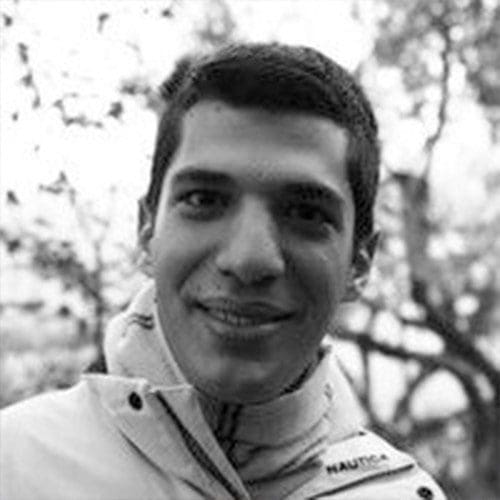
Dr Nikolaos Kanellakis
Postdoctoral Researcher
Nuffield Department of Medicine, Medical Sciences Division, University of Oxford
nikolaos.kanellakis@ndm.ox.ac.uk
Full Bio
Nikolaos is the lead postdoctoral researcher at the laboratory of Pleural and Lung Cancer Translational Research, Nuffield Department, University of Oxford. His interests are focused on the development of faithful models of pleural disease which could be applied in translational research.
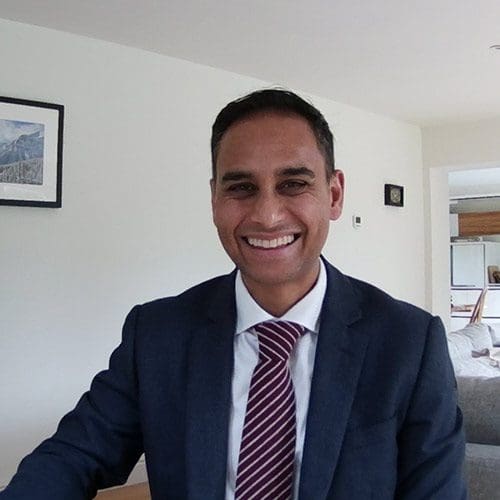
Professor Najib Rahman
Professor of Respiratory Medicine and Director
Oxford Respiratory Trials Unit
najib.rahman@ouh.nhs.uk
Full Bio
Providing expertise in clinical trials, translational mesothelioma work including cell lines and drug sensitivity. Meso-ORIGINS study site PI for Manchester University NHS Foundation Trust.
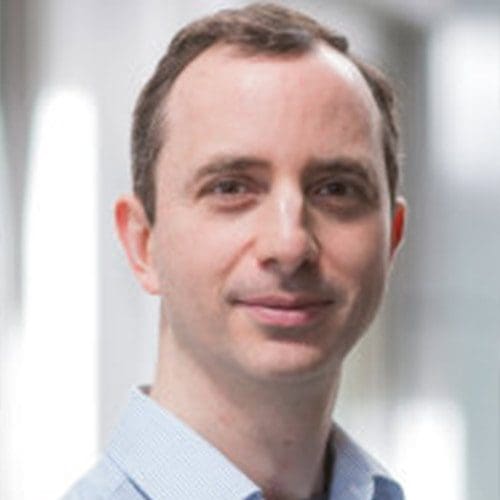
Dr Olivier E Pardo
Senior Lecturer/ Team Leader
Division of Cancer/Department of Surgery and Cancer/Imperial College
o.pardo@imperial.ac.uk
Full Bio
My lab is specialised in understanding how changes in cellular signalling modulates drug resistance and metastasis in cancer. Our research in mesothelioma focusses on the signalling crosstalk between tumour cells and cancer-associated fibroblasts and its role in disease progression. We identified several molecular mediators of this crosstalk and demonstrated that targeting them provides superior inhibition of mesothelioma growth than current standard-of-care. We are now testing several targeted therapeutic combinations in vivo with the long-term hope of translating our findings into novel therapies for mesothelioma patients.
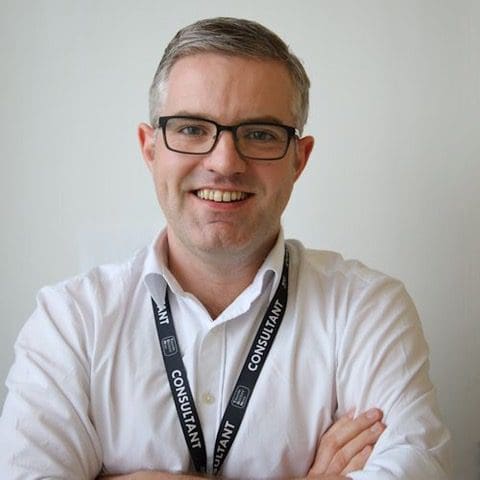
Dr Philip Short
Consultant Physician
Ninewells Hospital Dundee, NHS Tayside
philip.short@nhs.scot
Full Bio
Macmillan Mesothelioma Lead Clinician NHS Tayside
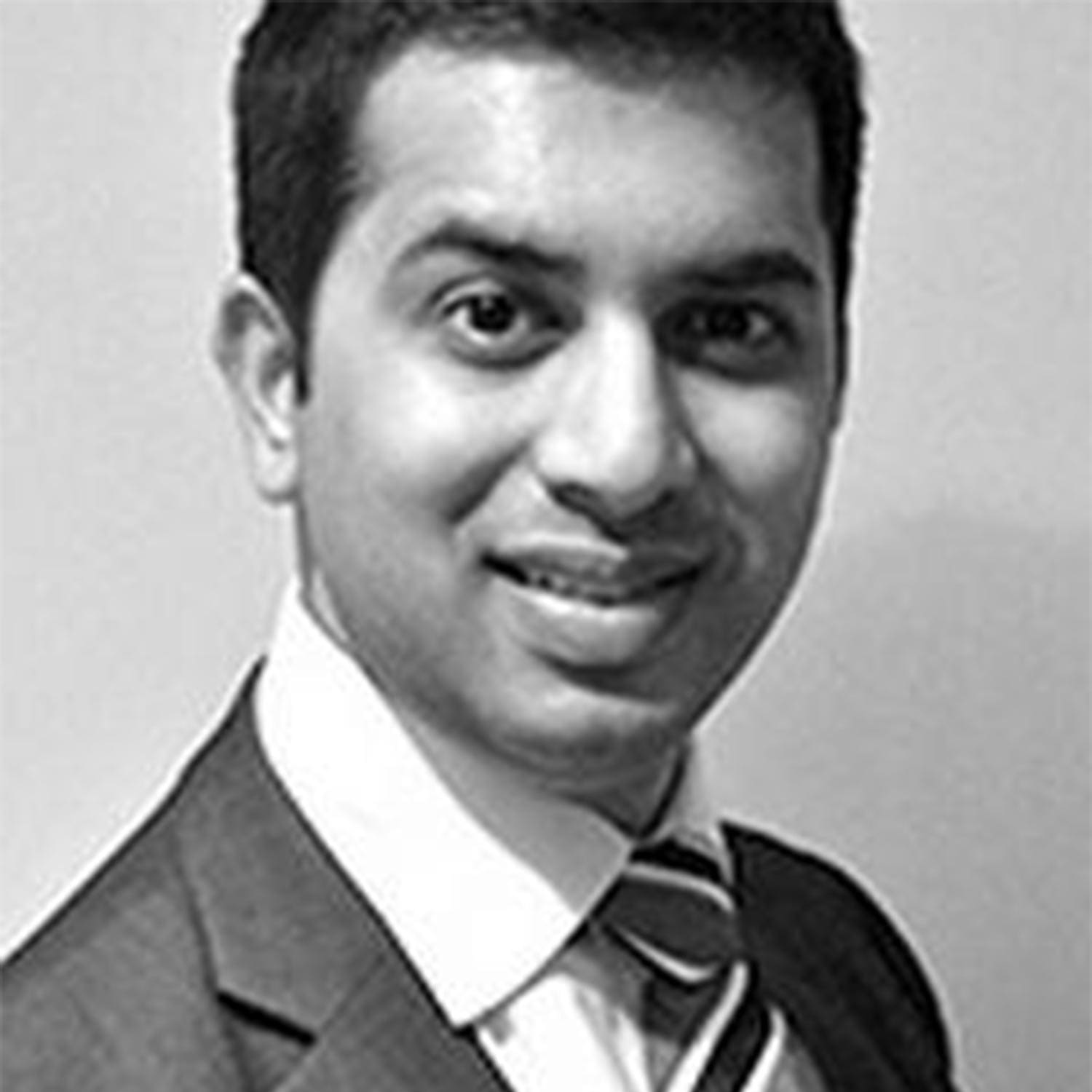
Dr Rakesh K Panchal
Consultant Respiratory Physician
Glenfield Hospital, University Hospitals of Leicester NHS Trust
rakesh.panchal@uhl-tr.nhs.uk
Full Bio
Interests: Pleural diseases – mesothelioma, pleural effusions, pneumothorax, pleural infection/empyema
Interventional pulmonology – thoracoscopy, IPCs, EBUS, bronchoscopy, endobronchial valves, cryobiopsy
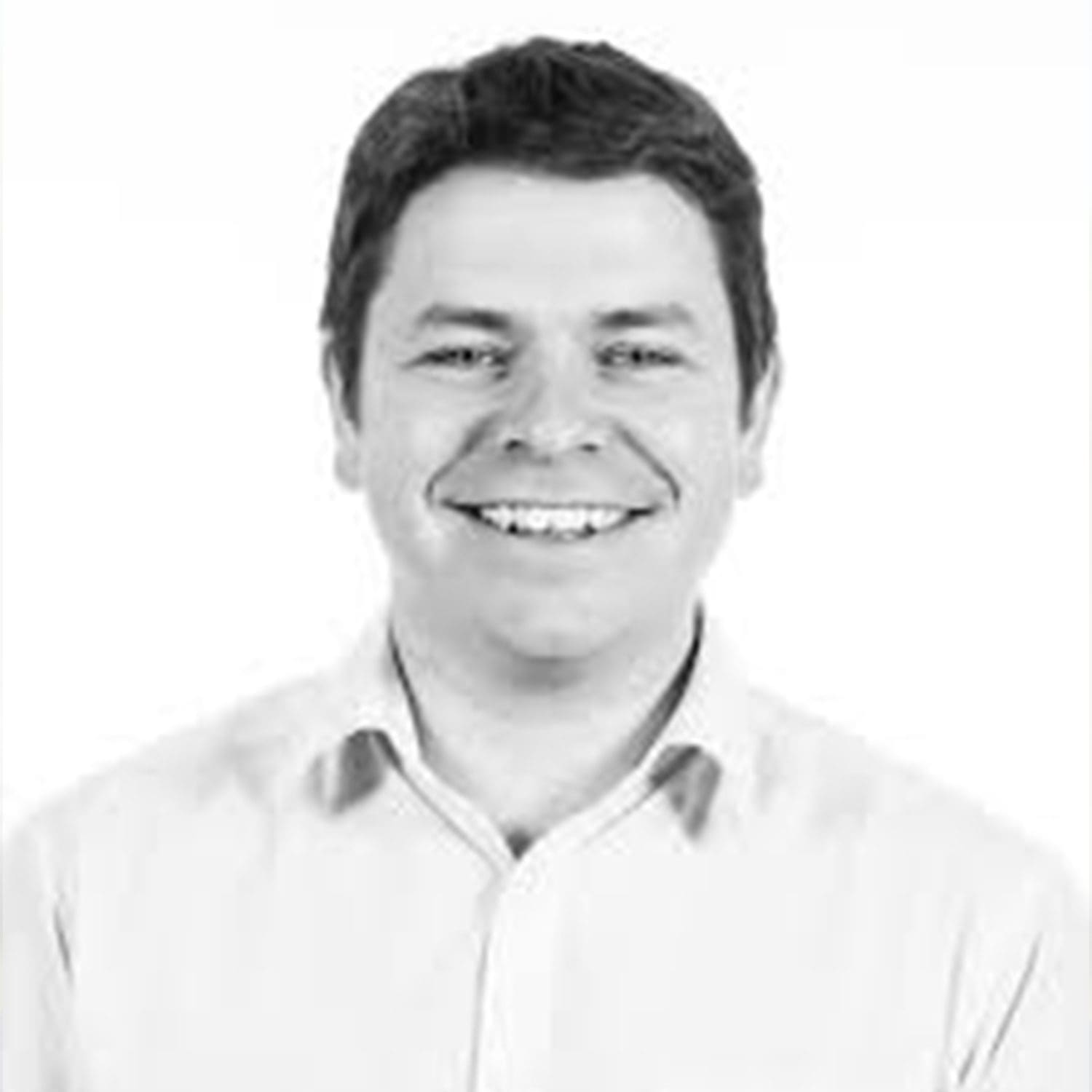
Dr Phil Reid
Consultant in Respiratory and General Medicine
Western General Hospital, NHS Lothian
Phil.Reid@nhslothian.scot.nhs.uk
Full Bio
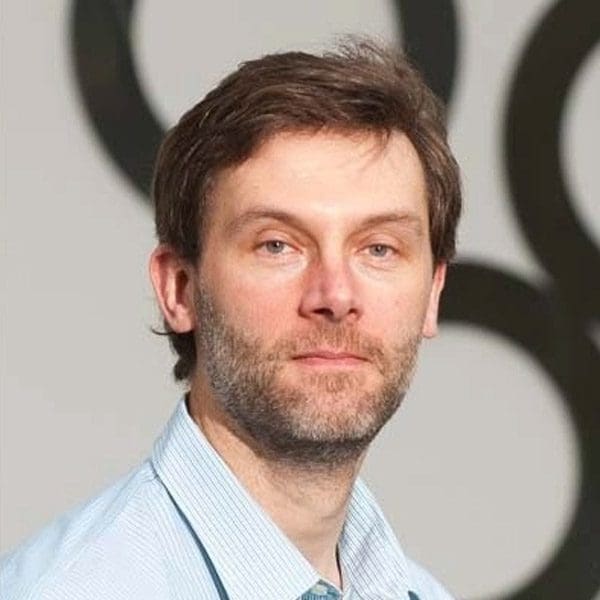
Professor Robert Insall
Professor of Computational & Mathematical Biology
SCS, Glasgow
Robert.Insall@glasgow.ac.uk
Full Bio
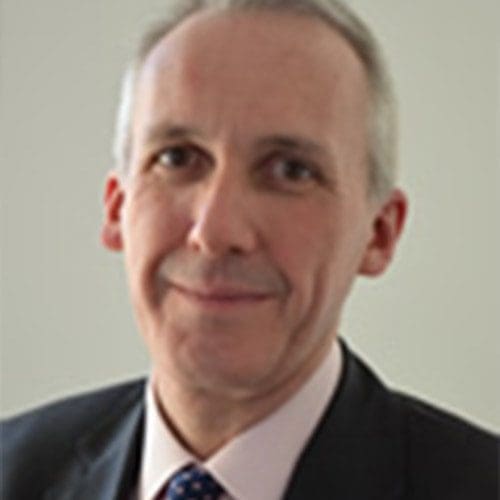
Professor Robert Rintoul
University Reader in Thoracic Oncology
University of Cambridge
Robert.rintoul@nhs.net
Full Bio
PREDICT-Meso Co-Investigator & Co-Lead WP1
Dr Rintoul is University Reader in Thoracic Oncology in the Department of Oncology, University of Cambridge and Honorary Consultant Respiratory Physician, Royal Papworth Hospital. He trained in respiratory medicine in London and Edinburgh receiving his doctorate from the University of Edinburgh for work investigating mechanisms underlying resistance to chemotherapy in small cell lung cancer. He was appointed consultant in respiratory medicine specialising in thoracic oncology at Royal Papworth Hospital in 2005 before taking up his current post in 2017. Dr Rintoul is lead clinician for cancer at Royal Papworth Hospital and Director of the Papworth Trials Unit Collaboration. He is co-lead of the CRUK Cambridge Centre Aerodigestive Programme and co-ordinates thoracic oncology research across Cambridge. From January 2021 he has been appointed chair of the clinical advisory group of the UK Lung Cancer Coalition.
Dr Rintoul’s research is focused around clinical trials, translational research and tissue banking in malignant mesothelioma and the early detection of lung cancer. He is Chief Investigator for several clinical translational studies examining biomarkers in lung cancer. In 2012 he founded MesobanK, the UK national bioresource for malignant mesothelioma (www.mesobank.com). His work is funded by the Cambridge Biomedical Research Centre, Cancer Research UK, National Institute for Health Research and the British Lung Foundation. He is Co-Lead for PREDICT-Meso WP1 and Meso-ORIGINS study site PI for Royal Papworth Hospital.

Dr Roberto Silvestri
Junior Researcher
University of Pisa
roberto.silvestri@unpi.it
Full Bio
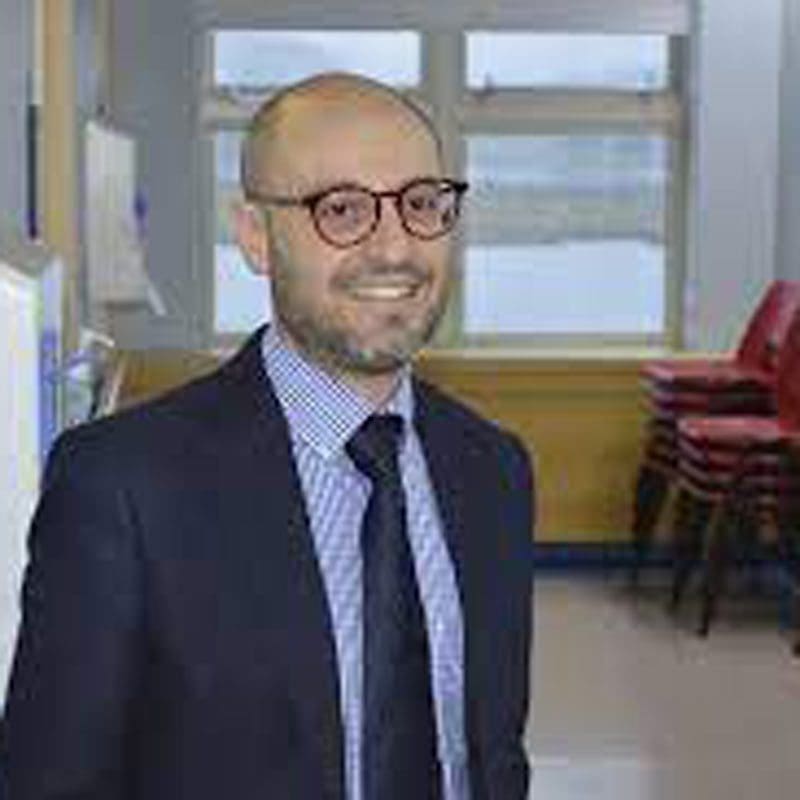
Mr Rocco Bilancia
Consultant Thoracic Surgeon
Golden Jubilee National Hospital, Glasgow, UK
rocco.bilancia@gjnh.scot.nhs.uk
Full Bio
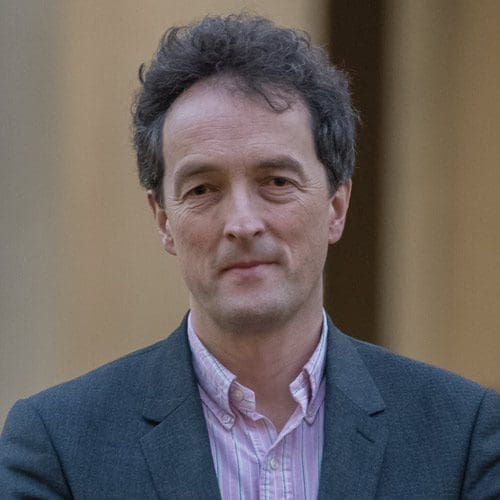
Professor Robert Jones
Professor of Clinical Cancer Research
CRUK Glasgow Clinical Trials Unit
Full Bio
Cancer Clinical Trials Unit Director. The CRUK Glasgow CTU runs a comprehensive service to design, implement, run and analyse cancer clinical trials
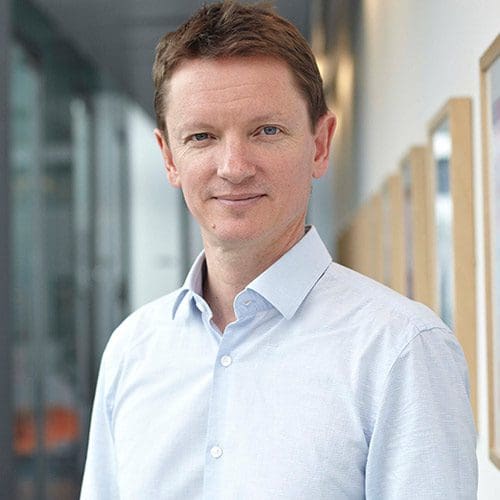
Professor Sam Janes
Professor of Respiratory Medicine
University College London (UCL)
s.janes@ucl.ac.uk
Full Bio
Sam won an MRC Training Fellowship to perform a PhD and then a post-doctoral period working in the CRUK Lincoln’s Inn Fields Institute with Fiona Watt working on stem cell biology. He then moved as an MRC Clinician Scientist to UCL leading a group interested in the role of stem cells in lung cancer pathogenesis and treatment of lung disease using cell therapies. He was awarded a Wellcome Trust Senior Clinical Fellowship in October 2010 to work on novel cell therapies for lung cancers resulting in a DPFS first-in-man award and in 2015 won his Wellcome Senior Fellowship renewal to study the genetic and cellular changes lung cancer pathogenesis. He is the lead of four academic randomised clinical trials and most notably recently launched the SUMMIT study, a 25,000 participant London based study examining CT and blood screening for lung and other cancers.
He works as a respiratory consultant at UCLH with a particular interest in lung cancer, mesothelioma, interventional and diagnostic bronchoscopy and early lung cancer detection. He is Head of Respiratory Research Department at UCL, Vice-Chair of the National ‘Clinical Expert Group’ on Lung Cancer.
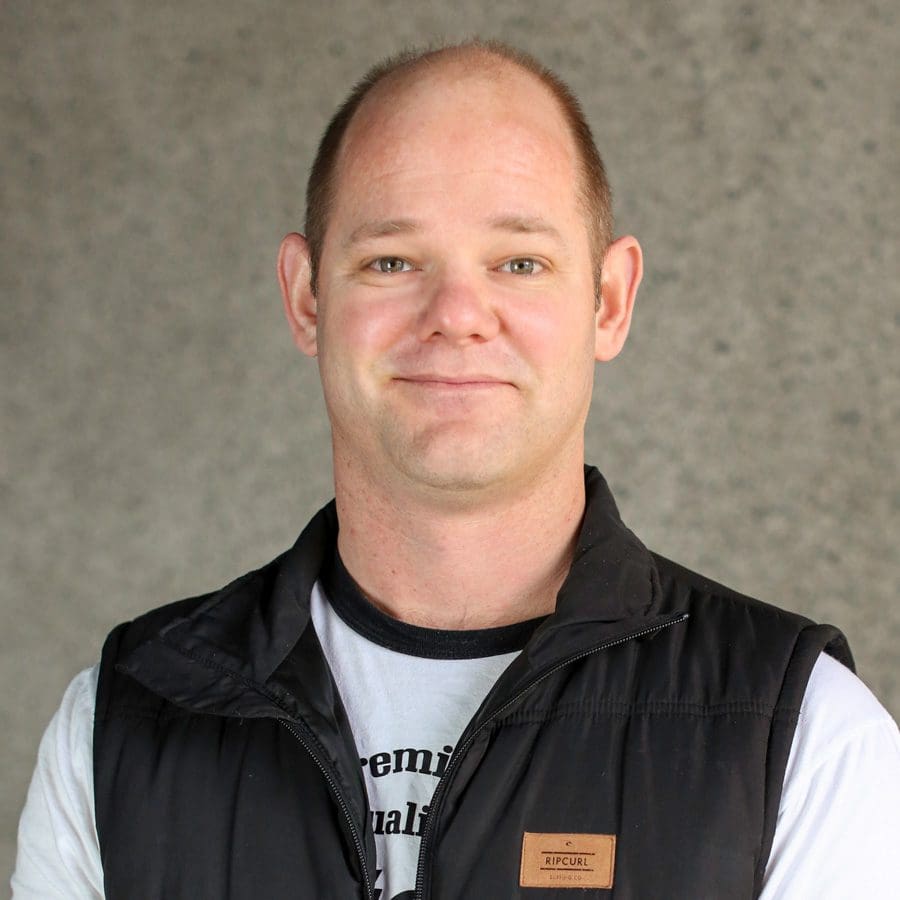
Dr Scott Fisher
Scientist
The National Centre for Asbestos Related Diseases (NCARD). Institute of Respiratory Health. The University of Western Australia
scott.fisher@uwa.edu.au
Full Bio
I am a research scientist with a background in molecular biology / virology and have over 23 years’ experience in using small animal models for studies in infectious diseases and cancer research. For the last 15 years I have focused on cancer immunology and immunotherapy. My main area of research is centred on the use of pre‑clinical mouse models of mesothelioma (transplantable and transgenic), to better understand; a) how host genetics affect mesothelioma development after asbestos exposure; b) assess the carcinogenic potential of different asbestos and asbestiform fibres; c) assess the impact of voluntary exercise as an adjunctive strategy to improve the efficacy and tolerability of anti-cancer treatment for mesothelioma d) assessing novel blood based biomarkers and e) understanding the host-cancer immune response to better develop and use novel immunotherapies with the aim of improving current treatment options for mesothelioma and other solid malignancies.
NCARD has extensive experience in pre-clinical models and has a large biobank of asbestos induced murine mesothelioma tumours samples, tissues, tumour and and ascites derived cell lines and over 2562 histological samples. We are always open to collaboration and maintain a a number of colonies of transgenic mouse models specific for mesothelioma ressearch.

Professor Seth Coffelt
Senior Research Fellow
University of Glasgow
Seth.Coffelt@glasgow.ac.uk
Full Bio
The Coffelt lab is a cancer immunology lab focused on immune escape and immunosuppression in mouse models of cancer. They are particularly interested in gamma delta-cells, a T-cell receptor-expressing immune cell population with innate-like characteristics.

Dr Sarita Prabhakaran
PhD student
Flinders University
sarita.prabhakaran@flinders.edu.au
Full Bio
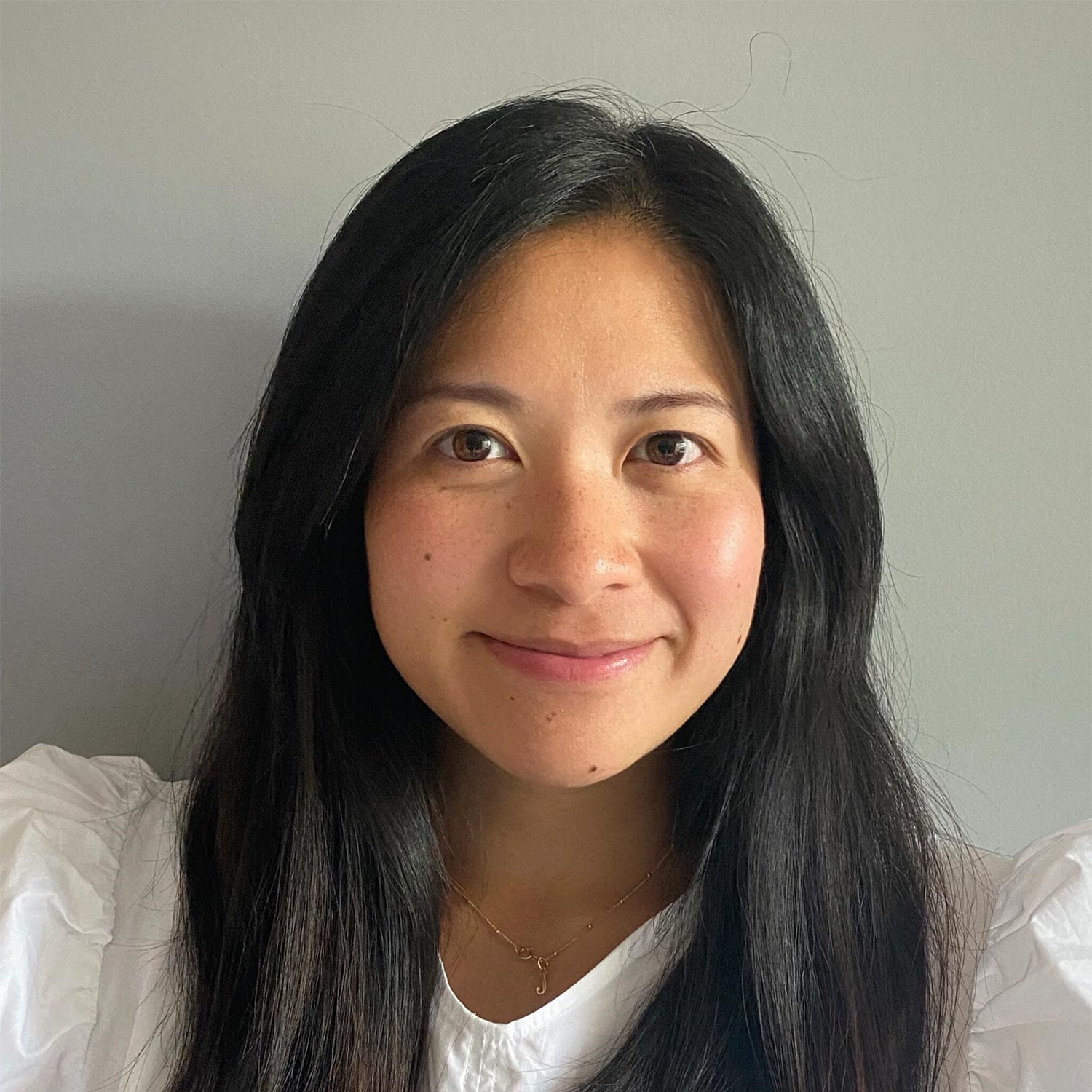
Dr Selina Tsim
Consultant Respiratory Physician
Queen Elizabeth Unviersity Hospital, Glasgow
Selina.Tsim@ggc.scot.nhs.uk
Full Bio
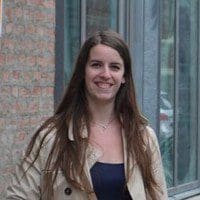
Ms. Sophie Rovers
PhD Student
Center for Oncological Research, University of Antwerp
sophie.rovers@uantwerpen.be
Full Bio
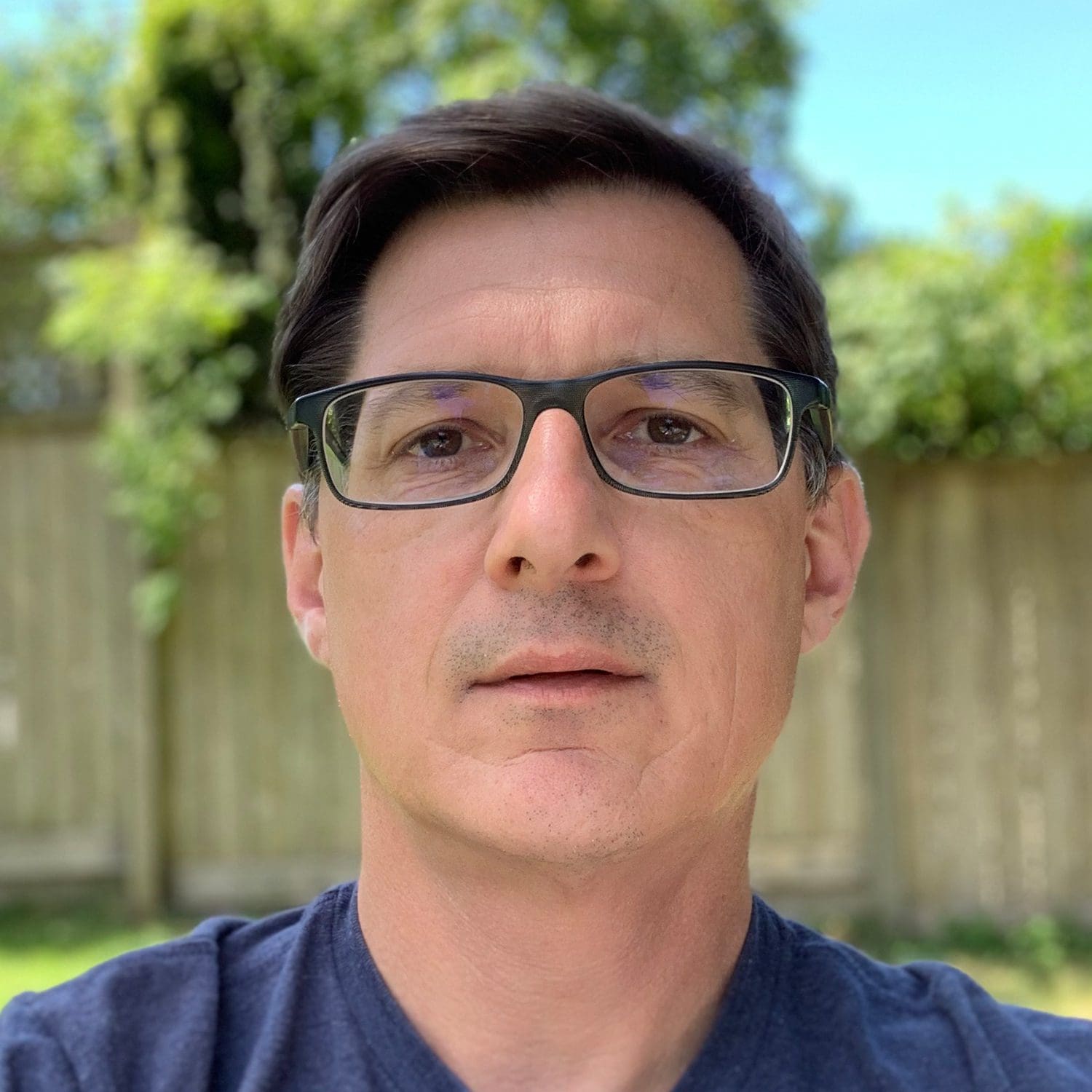
Dr Stéphane LeBihan
Manager, Genomics core
Vancouver Prostate Centre
slebihan@prostatecentre.com
Full Bio
As a manager of a genomics core, I have a strong interest in using cutting-edge technology to understand and manipulate genetic information. I am passionate about the potential of genomics to revolutionize healthcare and the life sciences, and I enjoy the challenge of coordinating the work of a team of scientists and technicians to achieve this goal. I like managing complex projects, overseeing budgets and schedules, and communicating effectively with stakeholders. My ultimate goal is to lead the facility to make breakthroughs that improve human health and well-being.
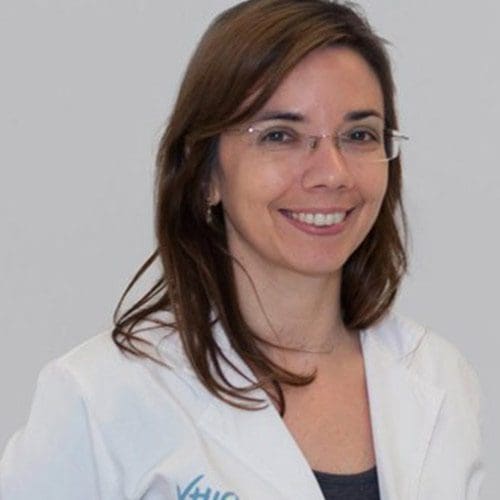
Dr Susana Cedres
Medical oncologist
Vall d’Hebron Institute of Oncology (VHIO)
scedres@vhio.net
Full Bio
Dr. Cedrés graduated in Medical Oncology in 2005 by Hospital Universitario de Canarias. Since 2005 she has been working at the thoracic tumors unit at Vall d´Hebron University hospital with attention to investigation in clinical trials in lung cancer and mesothelioma patients.
In 2014 she obtained her PhD by Universidad Autonoma de Barcelona working in expression of PD-L1 in malignant pleural mesothelioma patients. She has publications about prognostic and predictive markers of response in thoracic tumors. Currently she is specialized in the investigation of biomarkers of response to therapies in thoracic tumors and she participates in the development of new drugs for these patients.
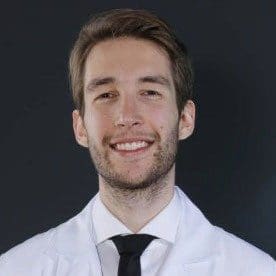
Dr Stephan Altmayer
Radiology Resident
Stanford University
altmayer@stanford.edu
Full Bio
I am interested in the application of CT and MRI in cardiothoracic imaging.
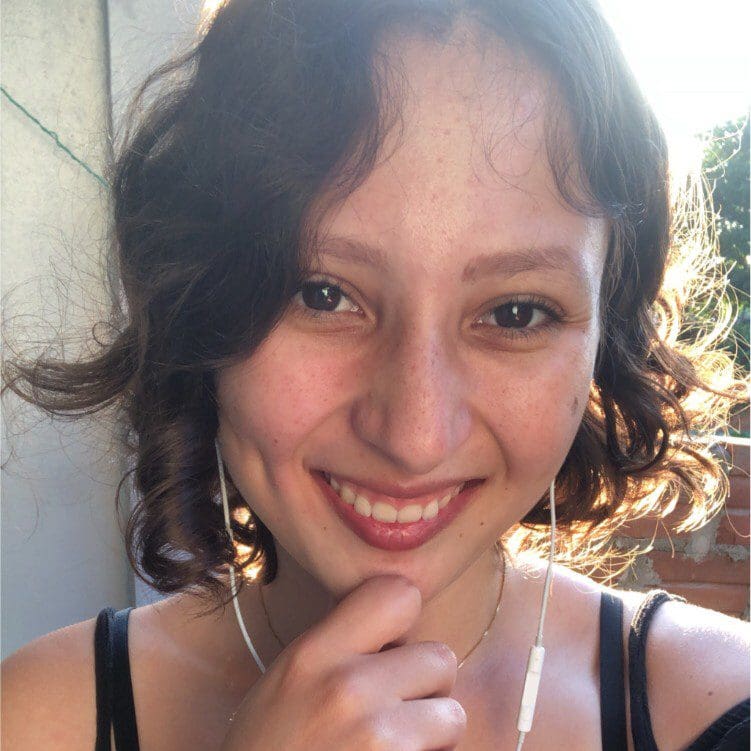
Ms Taylla Milena Theodoro
Student of M.Sc in Computer Science
Laboratory of Image Data Science (LIDS), Institute of Computing (IC) , University of Campinas
taylla.theodoro@students.ic.unicamp.br
Full Bio
Master’s student in Computer Science (2021-2023) at the Institute of Computing at the State University of Campinas (UNICAMP), supervised by Professor Alexandre Xavier Falcão, developing the work entitled “Towards Detection of Malignant Mesothelioma from 4D Magnetic Resonance Images of the Thorax” in the area of Medical Image Processing, with the financial support of a FAPESP scholarship, at the LIDS (Laboratory of Image Data Science) research laboratory. Bachelor of Electrical Engineering from the State University of Londrina (2016-2020).
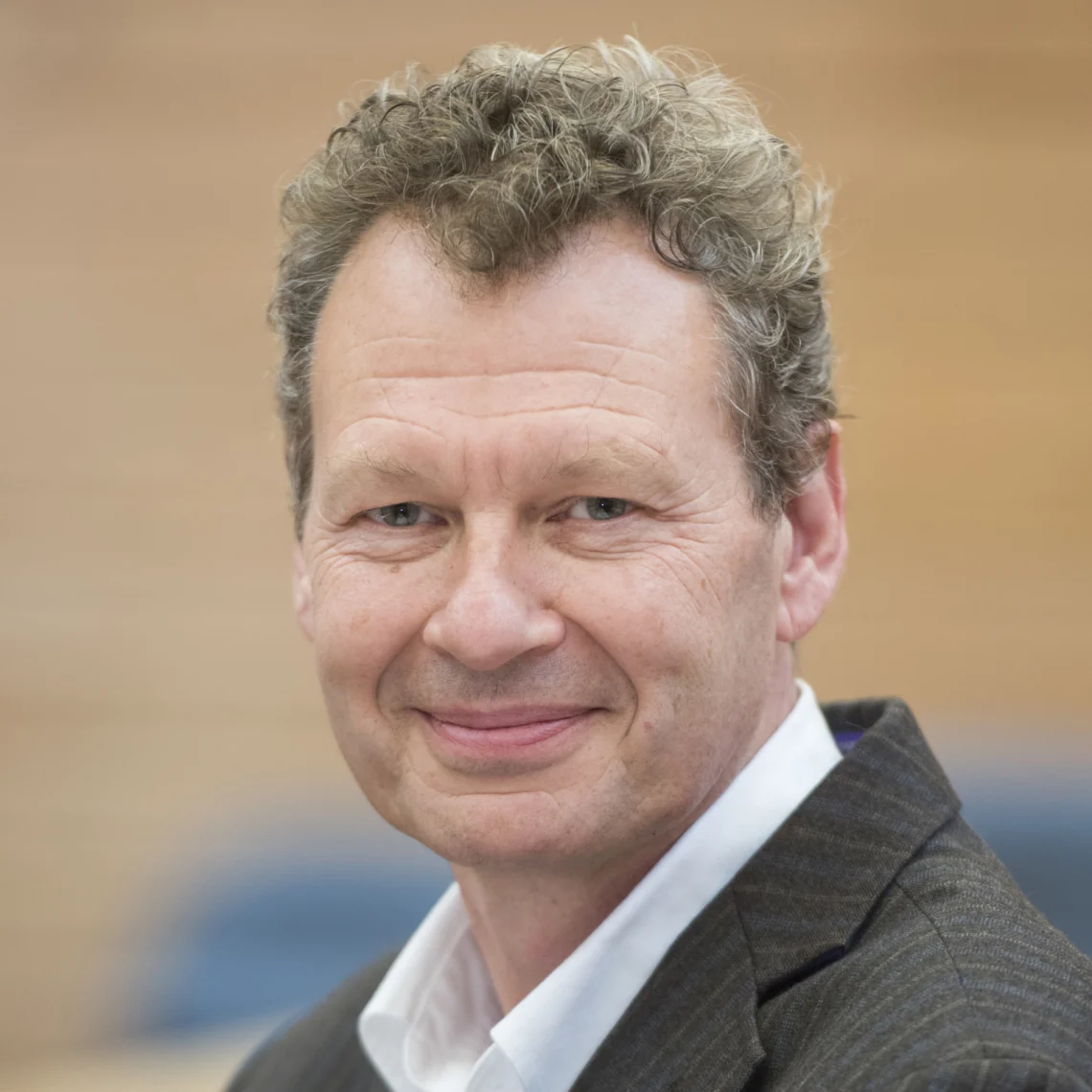
Professor Tim Elliott
Kidani Professor of Immuno-oncology and Director of Oxford Cancer
University of Oxford
tim.elliott@ndm.ox.ac.uk
Full Bio
Antigen processing and presentation, better targets for interception
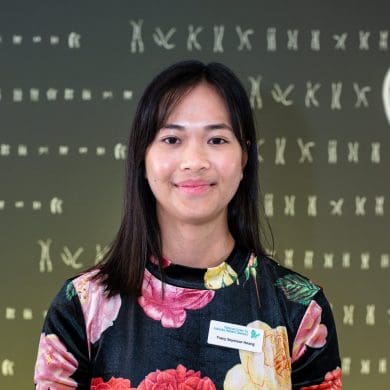
Dr Tracy Seymour Hoang
Postdoctoral Research Scientist
National Centre for Asbestos Related Diseases
tracy.hoang@uwa.edu.au
Full Bio
Tracy Hoang is an early-career postdoctoral researcher at the National Centre for Asbestos Related Diseases in Perth, Western Australia. Tracy’s research focuses on using preclinical models of mesothelioma to explore how the immune system plays a role in treatment response. Currently, she coordinates a preclinical Positron Emission Tomography (PET imaging) project that tracks the dynamic modulation of cancer biomarkers, i.e. PD-L1, to understand why patients have varying responses to immunotherapy. Her interests includes preclinical models of mesothelioma and tumour immunology.
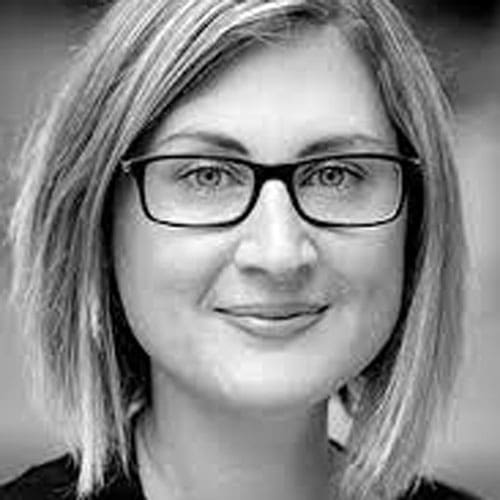
Dr Vasiliki Panou
Consultant, Associate Professor
Odense University Hospital
vasiliki.panou@rsyd.dk
Full Bio
I am an Associate Professor at the University of Southern Denmark and a consultant in respiratory medicine at Odense University Hospital (tertiary hospital) with special interest in pleural mesothelioma, pleural disease and invasive pulmonology.
My main research interest lies in diagnostic, prognostic and predictive biomarkers for pleural mesothelioma.
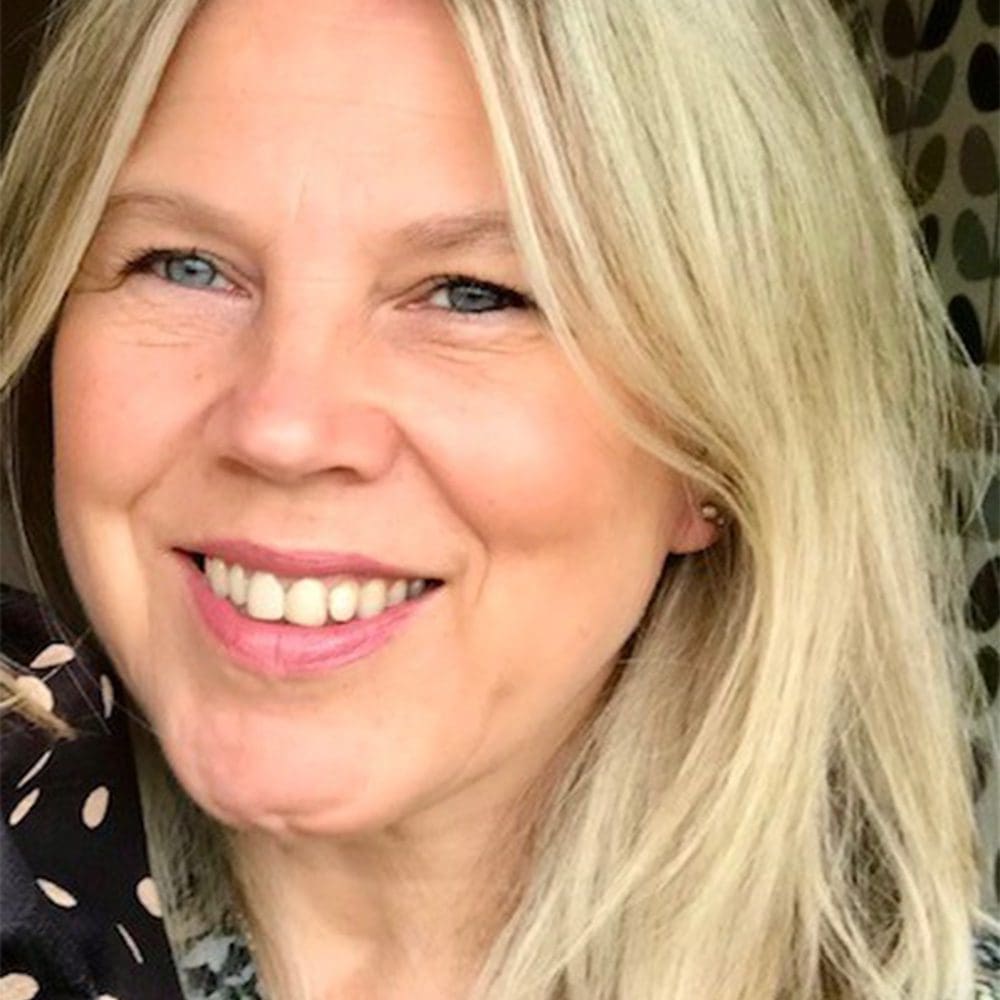
Mrs Victoria Thomas
Research Nurse
Salford Royal Hospital
vicky.thomas@nca.nhs.uk
Full Bio
I am a Research Nurse at Salford Royal and I am proud to be the lead nurse for Meso-ORIGINS Study site Salford. I have been working as a Research Nurse since 2015 and in that time I have worked on many interesting studies in different specialties.
Oncology (2015-2018 STAMPEDE/RADICALS/PATCH) Core Research Team ( 2018-2020 100K GENOMES, SUNRRISE STUDY, CIPHER, PURE,FUTURE) Covid Research Team (2020-2022 RECOVERY,REMAP-CAP, GENOMICS,ISARIC, COVID VACCINATIONs)
Acute Research Team/Inpatient Research Team (2022-present SCIL, HEMOTION, REMAP-CAP, DISCUS, PQIP, ROSA IBD trials intestinal failure – STARS, EASE).

Dr Timothy Gatheral
Clinical Lead for Respiratory Medicine
University Hospitals of Morecambe Bay NHS Foundation Trust
timothy.gatheral@mht.nhs.uk
Full Bio
Dr Gatheral studied medicine at Cambridge University and completed his PhD in cardiothoracic pharmacology at Imperial College London in 2012. After completing a year as an NIHR clinical lecturer he took up a post as a consultant respiratory physician at University Hospitals of Morecambe Bay. Since 2014 he has built up the Interstitial Lung Disease Service across Morecambe Bay and works in the North Lancashire/South Cumbria Interstitial Lung disease specialist network. In addition he is secondary care lead for the integrated Morecambe Bay Respiratory Network (MBRN) and actively participates in clinical research studies at the Trust. He combines his clinical work with a role as senior clinical lecturer at Lancaster University Medical School.

Mr Yousif Ali Yousif Algabri
PhD scholar
Shandong University
algabri@mail.sdu.edu.cn
Full Bio
A Ph.D. scholar in Biomedical Engineering (Bioinformatics) at Shandong University, China (2019-2023) under the supervision of Professor Liu, working on Single-cell RNA-seq gene coexpression network analyzing and constructing in the area of bioinformatics. I have published two peer-reviewed papers in the field as first and co-author and currently working towards the third manuscript. I have good skills in R and Python for bioinformatics research and application. Both my bachelor’s and master’s degrees are in biomedical engineering.

Dr Xinya Hong
PhD
University of Glasgow; Beatson Institute for Cancer Research
2706111h@student.gla.ac.uk
Full Bio

Dr Xiao Liu
Research Assistant
Institute of Basic Medicine and Cancer(IBMC), Chinese Academy of Sciences
liuxiao@ibmc.ac.cn
Full Bio
I am interested in use of SomaScan assay and Olink assay in proteomics to find new biomarkers for mesothelioma.
I wish to join the Network to connect with researchers and share data to explore my interest areas.

Ms Danielle McKinven
PhD researcher
CRUK Scotland Institute
d.mckinven.1@research.gla.ac.uk
Full Bio
Signalling cascades involced in cell growth in epitheliod mesothelioma
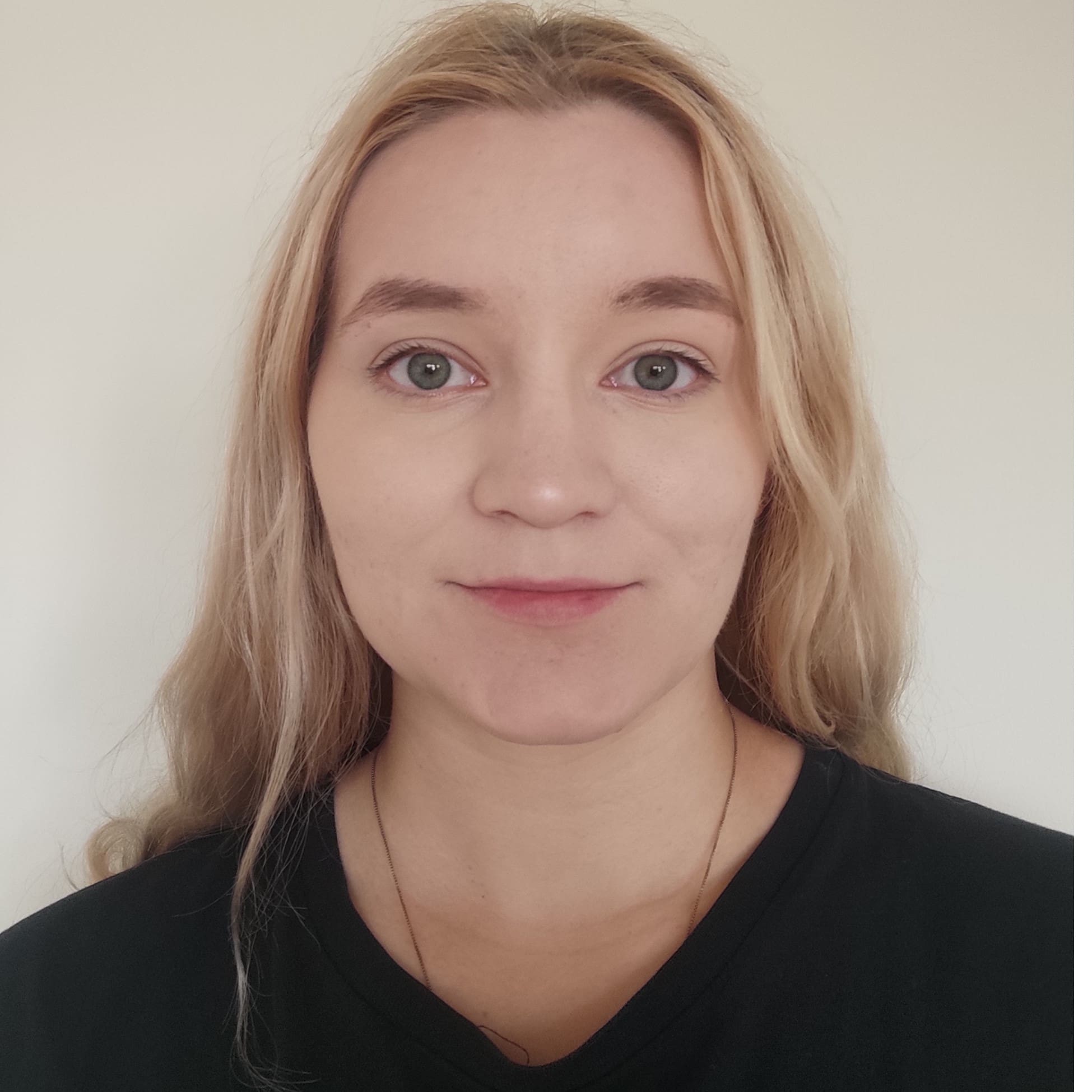
Ms Dominika Lubawska
PhD student
CRUK Scotland Institute
2929677l@student.gla.ac.uk
Full Bio
Medical Genetics with a Year in Industry BSc from the University of Leicester. Joined the Murphy lab at the CRUK Scotland Institute in October 2023. PhD project focused on uncovering signalling networks that govern the growth of sarcomatoid mesothelioma. Interested in the role of immune microenvironment in tumour development, progression and response to therapy.
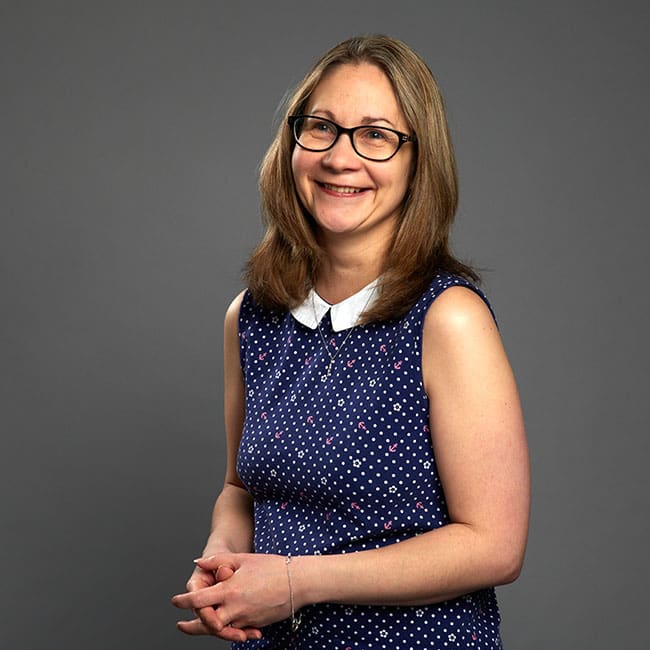
Dr Sarah Haywood-Small
Principle Lecturer
Sheffield Hallam University
s.haywood-small@shu.ac.uk
Full Bio
We are leading several projects involving mass spectrometry as a bioanalytical technique for biomarker discovery, 3D cell culture models, tissue imaging and identification of asbestos mineral fibres in mesothelioma.
One of our key focal points involve exploring unique and non-invasive early detection techniques for mesothelioma and asbestos-related diseases. We are developing a mesothelioma breath test, to identify people at an earlier and more treatable stage. Our work is providing proof of concept towards the differentiation between mesothelioma phenotypes based on the release of specific volatile organic compounds related to asbestos-related inflammation.
Other avenues of interests involve online surveys and structured interviews to gather qualitative accounts of issues surrounding the implementation of breath analysis into clinical practice.
Finally, in terms of treatment, we also have a family of novel anti-tumour drug candidates in photodynamic therapy and photo-imaging diagnosis in mesothelioma.

Dr Pinar Cakilkaya
Postdoctoral researcher
Finsem Laboratory, Copenhagen University Hospital
p.cakilkaya@bric.ku.dk
Full Bio

Dr Francesca Gonnelli
Respiratory Consultant, PhD student
Polytechnic University of Marche
francygonnelli@gmail.com
Full Bio
Pleural malignant mesothelioma and organoids

Heather Dalrymple
National Clinical Lead Pharmacist, Cancer Medicines
Healthcare Improvement Scotland
heather.dalrymple@nhs.scot
Full Bio
New and novel uses of medicines
Improving cancer patient outcomes
Cancer services improvements

Dr Nosayaba Enofe
Thoracic Surgery Fellow
Temple University Hospital/Fox Chase Cancer Center
Nosayaba.Enofe@fccc.edu
Full Bio
Lung cancer, Mesothelioma, Staging, Immunotherapy.
Supporting AI volumetric surgical validation as part of PREDICT-Meso WP5

Ryan Silk
PhD student
University of Edinburgh, Institute of Genetics and Cancer
r.p.silk@sms.ed.ac.uk
Full Bio
I am currently a bioinformatics PhD student investigating how somatic variation in the mitochondrial genome can influence tumour development and impact patient prognosis
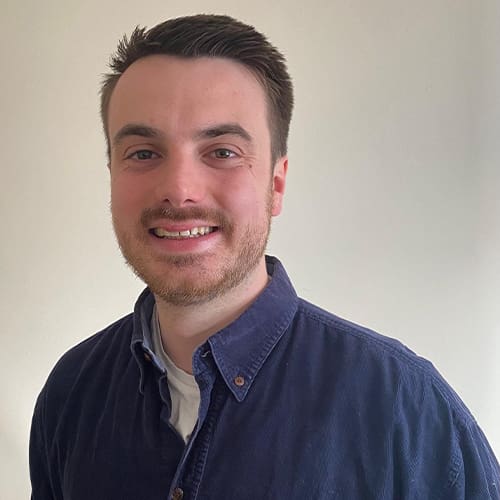
Dr Josh Searle
Postdoctoral Research Fellow
University College London (UCL)
joshua.searle@ucl.ac.uk
Full Bio
Having completed a PhD working on ubiquitination in Lung Adenocarcinoma at the CRUK Manchester Institute, I am now working in Sam Janes’ group at UCL performing high-throughput drug screening on patient derived mesothelioma cells to identify and validate therapeutic vulnerabilities.
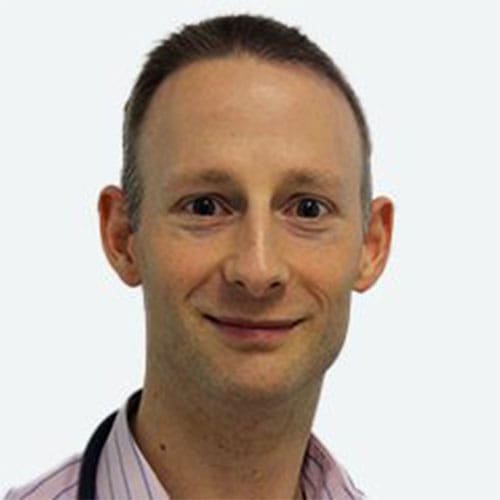
Dr Benjamin Prudon
Respiratory Consultant
University Hospital of North Tees
ben.prudon@nhs.net
Full Bio
Meso-ORIGINS Co-I for North Tees and Hartlepool.
Interests: Pleural disease, lung cancer, Clinical Research and Clinical Education

Emma Connell
Clinical Trials Assistant
University Hospital of North Tees
Emma.Connell3@nhs.net
Full Bio
CTA since November 2021 working with Respiratory and Cardiology Research.
Supporting Meso-ORIGINS at North Tees site, supporting PIs Dr Kevin Conroy and Dr Ben Prudon.
I’d like to learn more about mesothelioma
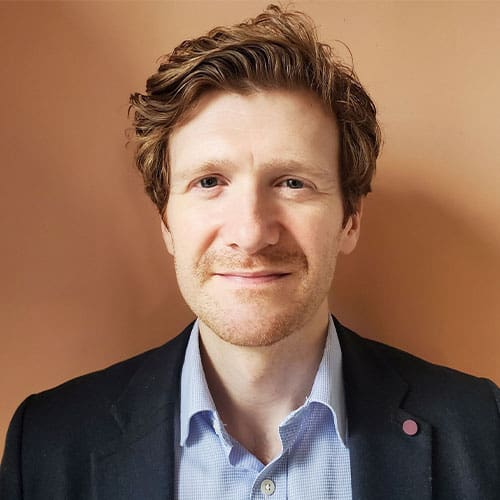
Dr Kevin Conroy
Consultant Respiratory Physician
University Hospital of North Tees
Kevin.Conroy@nhs.net
Full Bio
Meso-ORIGINS PI for North Tees and Hartlepool.
I am a respiratory and general medicine physician in a busy district general hospital
I am particularly interested in point of care ultrasound and pleural disease. We are pleased to offer a full complement of pleural interventions to our patients. We are keen to contribute to clinical research in order to shift the paradigm of management and understanding of pleural disease and help our patients get the best possible care.
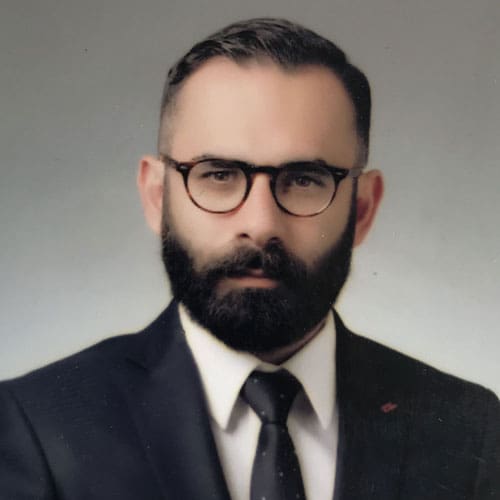
Dr Tunç Tuncel
Postdoctoral Researcher
Health Institutes of Türkiye
tnctncl@gmail.com
Full Bio
During my PhD, I focused on asbestos-related diseases like Malignant Pleural Mesothelioma and Benign Asbestos Pleurisy by comparing genomic alterations to understand how asbestos exposure affects on human genome. To search for answers, firstly I scanned the genomes of individuals with MPM and asbestos-induced chronic pleuritis (AICP) to compare and determine copy number alterations (CNAs) between two asbestos-related diseases. Secondly, I investigated MPM tumor genomes using high-resolution SNP arrays and whole-genome sequencing comparatively for a better understanding of complex genomic rearrangement patterns on MPM tumor genomes especially in the context of Chromoanagenesis. Currently, we are focused on deciphering MPM tumor heterogeneity and clonal evolution patterns to discover effective novel drug targets using cutting-edge tools like WGS, single-cell RNA seq, and CRISPR-Cas9. I am highly motivated to discover novel treatment targets for Mesothelioma.

Ms Sylvia Spies
PhD Student
Vrije Universiteit Amsterdam
s.spies@vu.nl
Full Bio
PhD student in Physics: Biophotonics and Medical Imaging at the Vrije Universiteit Amsterdam, the Netherlands.
Using a novel imaging technique called higher harmonic generation microscopy to image lung tumor biopsies within minutes without any staining or processing
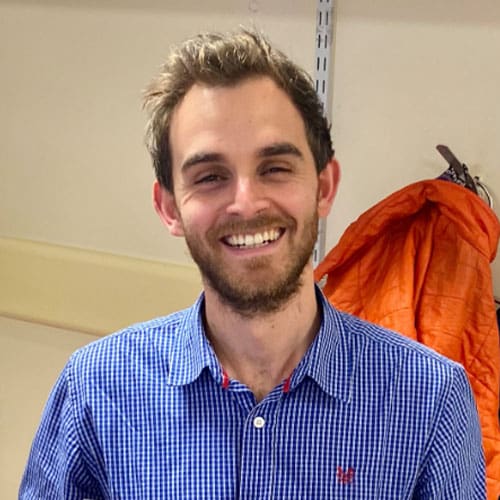
Dr Harrison Stubbs
Clinical Lecturer in Respiratory Medicine
University of Glasgow
harrison.stubbs@glasgow.ac.uk
Full Bio
Dr Harrison Stubbs completed his MD in Cardiovascular Medicine in 2024 at the University of Glasgow. His research interests include risk stratification and proteomics in malignant pleural disease

Dr Amalia Ruiz Estrada
Assistant Professor in Biochemistry and Pharmacology
University of Bradford, Institute of Cancer Therapeutics
g.ruizestrada@bradford.ac.uk
Full Bio
Our research focuses on fabricating multifunctional nanomaterials to target mesothelioma cancerous cells specifically. We are interested in developing novel nanomedicines for combinatory therapy and theragnostic applications that can help overcome chemoresistance, enhance the therapeutic index of the treatment and improve patient’s quality of life. Our long-term research objective is to facilitate the translation of these nanoparticle-based therapeutics from the lab to the clinic.
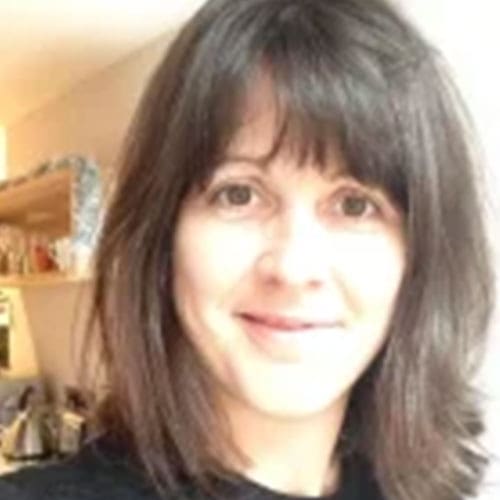
Dr Katie Finegan
Senior Lectuere in Cancer Biology and Therapy
University of Manchester
K.g.Finegan@manchester.ac.uk
Full Bio
Interests: In vivo models of Mesothelioma; Developement of bespoke co-culture systems for mesothelioma:immune interface; MAPK signalling, focussed on cancer cell: immune system interface; Developement and testing of novel inhibitors of MAPK signalling in mesothelioma and other relevant cancer types
Website: https://research.manchester.ac.uk/en/persons/k.g.finegan
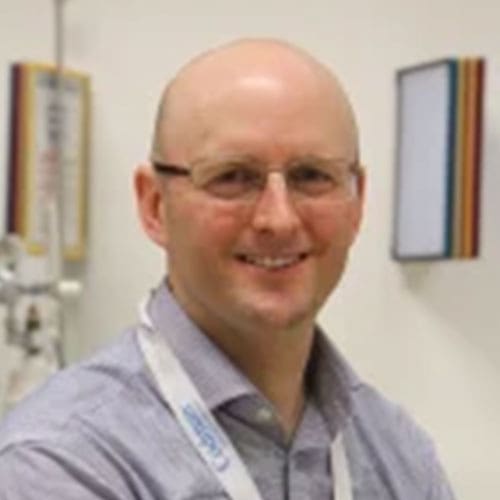
Dr Sean Knight
Clincal Fellow in Respiratory Medicine
University of Manchester
Sean.knight@manchester.ac.uk
Full Bio
Dr Knight completed a PhD at University College London in 2011. He used an in vitro model of oncogenesis to define a new way by which viral vectors for gene therapy could cause cancers in off target effects. He also cloned the first clinical grade cell line that stably produced lentiviral vectors. Subsequently he completed his core clinical training in Cambridge and London, moving up to Manchester for specialty training in Respiratory Medicine. in 2017. He started a clinical lectureship in 2019 and has set up a translational immunology lab at the Lydia Becker Institute. His principal interest is how chronic inflammation influences the formation of the early tumour microenvironment. He is setting up a new model for oncogenesis in lung cancer in collaboration with cancer cell biologists and bioengineering colleagues. More recently he has been adapting this for mesothelioma.
Skill sets: Lentiviral vectors; in vitro models of cancer; Immunophenotyping with CyTOF
Website: https://research.manchester.ac.uk/en/persons/sean.knight

Prof Angela Tod
Professor of Older People and Care
University of Sheffield
A.Tod@sheffield.ac.uk
Full Bio
My clinical background is in nursing. I have a clinical and research interest in nurse led services and impact on patient outcomes and experience.
My particular research focus is on patient experience research, especially related to experience of and access to health and support services. My research aims to capture patient and families experience of health, illness, and services in order to generate evidence to improve care and support. I have expertese in qualitative and mixed method studies.
My research interests also include the link between physical and psychological health and wellbeing. Recent research includes a growing portfolio of studies in mesothelioma and lung cancer. I am Co-Director of the Mesothelioma UK Research Centre.
I also have a track recod of conducting research that generates outputs and tools that make an impact on practice, for example recommendations and guidance, training materials, videos and animations. The goal is to use these outputs to promote positive change. I have expereince of co-design and co-production to develop these resources.
I maintain honorary contracts within the NHS in Sheffield and Doncaster.
Website: https://www.sheffield.ac.uk/ahpnm/people/nursing-and-midwifery/angela-tod
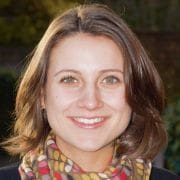
Dr Bethany Taylor
Research Fellow, Mesothelioma UK Research Centre
University of Sheffield
Btaylor3@sheffield.ac.uk
Full Bio
Interests/areas of expertise: Qualitative and mixed methods research; Patient experience research; Qualitative studies nested into clinical trials
Website: https://www.sheffield.ac.uk/ahpnm/people/nursing-and-midwifery/bethany-taylor
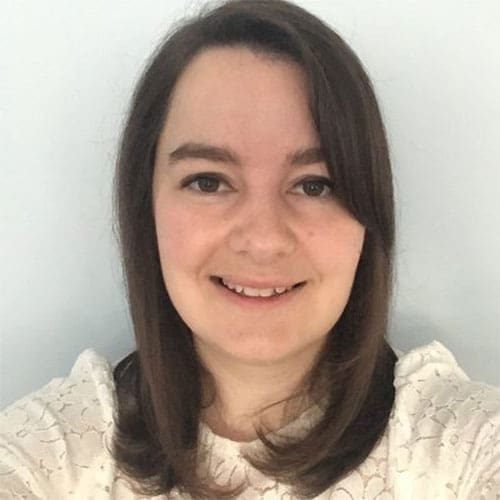
Dr Ailith Ewing
Chancellor’s Fellow
University of Edinburgh, Institute of Genetics and Cancer
ailith.ewing@ed.ac.uk
Full Bio
We use statistical genomics to investigate the evolution of structural variants in tumours to inform patient stratification, better predict treatment response and improve clinical outcome. A major source of variation between tumours is the timing and sequence of structural variant (SV) accumulation throughout tumour progression. The SV landscape, in tumours with highly rearranged genomes, can stratify patients according to disease progression, treatment response and prognosis. Interrogating complex tumour genomes is computationally challenging and modelling SV evolution requires statistical methodology.
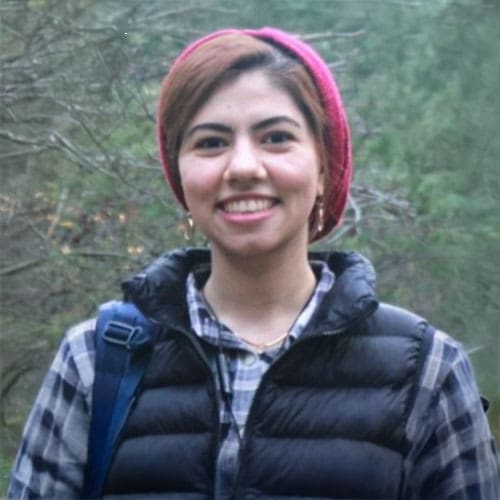
Farzaneh Seyedshahi
PhD student
CRUK Scotland Institute
f.seyedshahi.1@research.gla.ac.uk
Full Bio
Interests: Deep Learning and AI Microscopic Images
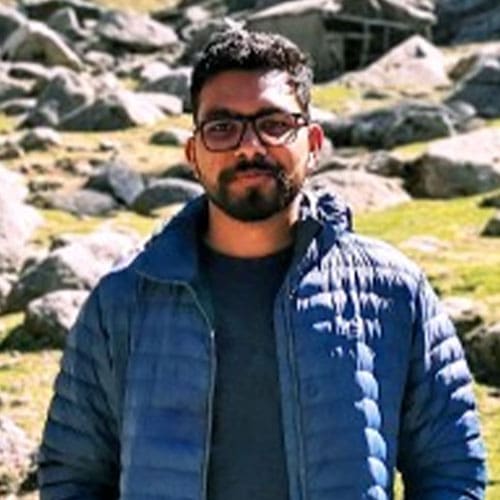
Ekansh Chauhan
PhD student
CRUK Scotland Institute
3068652C@student.gla.ac.uk
Full Bio
Ekansh Chauhan is a PhD student in Cancer Sciences at the Cancer Research UK Scotland Institute, as part of the PREDICT-Meso program. He completed an MS by Research in Computer Science and Engineering (Artificial Intelligence) from IIIT Hyderabad, India, and a BTech from GGSIPU, Delhi. His research focuses on integrating computer vision and healthcare to develop autonomous diagnostic systems that predict disease progression, identify treatments, and improve patient outcomes with a focus on explainable AI solutions.
Website: https://ekansh09.github.io/
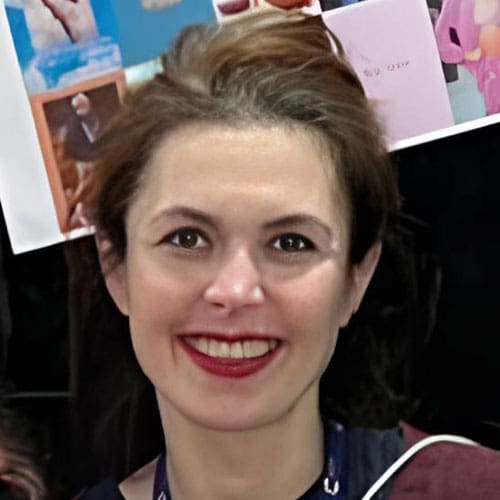
Dr Pooyeh Farahmand
Research Associate
CRUK Scotland Institute
Pooyeh.Farahmand@glasgow.ac.uk
Full Bio
I am a post-doc in Prof. Daniel Murphy’s lab based in Glasgow working with mouse models of MPM. My focus is on two main areas;
1- Early detection and diagnosis of MPM; Looking at pleural lavage and effusion samples from MPM mouse models at various time points using multi-omics approach as well as flowcytometry. We are hoping to be able to differentiate between high risk and low risk pre-malignant neoplasia.
2- Therapeutics: testing some potential therapeutic agents in our unique MPM mouse models. We start the treatments once we have confirmation of pleural disease using ultrasound which is similar to what is being currently done in clinic.

Dr Shahnawaz Ali
Post Doctoral Researcher
CRUK Scotland Institute
s.ali@crukscotlandinstitute.ac.uk
Full Bio
I’m a post-doc researcher working in Prof. Crispin Miller’s lab in Glasgow, diving into two exciting areas of science:
1. Early Detection & Diagnosis of PMP:
I’m collaborating with Murphy’s lab to explore multi-omics data with the aim of better understanding mesothelioma progression. The goal is to identify molecular markers that can help spot high-risk cases early. This could mean intervening sooner and potentially preventing the disease from becoming more aggressive.
2. Reproducible Data Analysis Workflows: I focus on developing and refining bioinformatics workflows that are easy to reproduce, ensuring that our data analysis methods are reliable and ready for broader use.

Prof Andriani Charpidou
Head of Clinical Trials Bureau
National and Kapodistrian University of Athens
dcharpidou@yahoo.gr
Full Bio
The Oncology Unit treats all solid tumors. We have developed outpatient clinics for thoracic, gastrointestinal, breast, urological, neuroendocrine malignancies and sarcomas. Nevertheless, our main fields of education and research (clinical, basic, and translational) are lung, mesothelioma, breast, and pancreatic cancer. In the above areas, we run several clinical trials, record real-world data, and develop educational programs for health professionals, patients, and caregivers
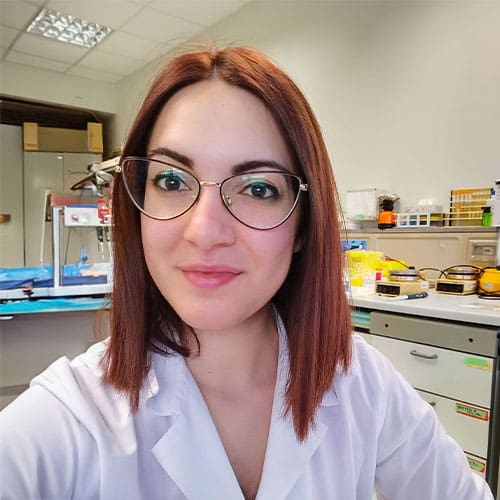
Dr Annamaria Molinario
Postdoctoral Researcher
Università Vita-Salute San Raffaele (UniSR), Milan
molinario.annamaria@hsr.it
Full Bio
I am currently a member of Professor Marco Bianchi’s lab, where my work focuses on developing organoids derived from human biopsies, including non-tumoral and mesothelioma pleural surgical fragments.
These organoids will provide a platform for evaluating innovative anti-mesothelioma molecules, complementing and potentially enhancing current therapeutic regimens.
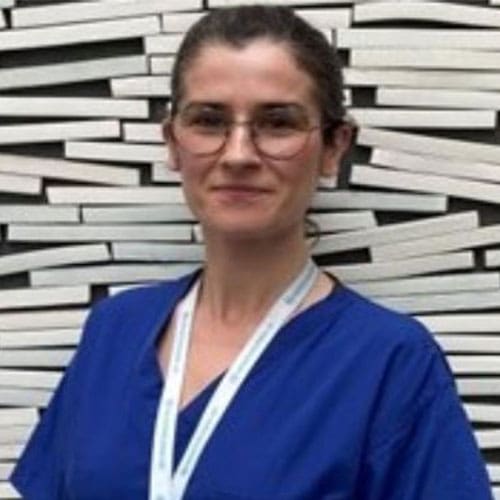
Dr Geraldine Lynch
Pleural Clinical Research Fellow
Universiy of Bristol
geri.lynch@bristol.ac.uk
Full Bio
Dr Geraldine Lynch is a Pleural Clinical Research fellow working in the Academic Respiratory Unit and a member of the Pleural Team at Southmead Hospital. She has a degree in Medicine from St George’s, University of London and an undergraduate Masters in Physics from the University of Oxford. She is a Specialist Trainee in Respiratory Medicine and is currently undertaking a PhD at the University of Bristol.
With her PhD funded in part by the charity Avon Mesothelioma Foundation (AMF), her research interests focus on Mesothelioma, a fatal cancer of the lining of the lung primarily caused by exposure to asbestos. She is interested in using blood-based and histological markers to improve diagnosis rates as well as improving prediction of survival and disease progression
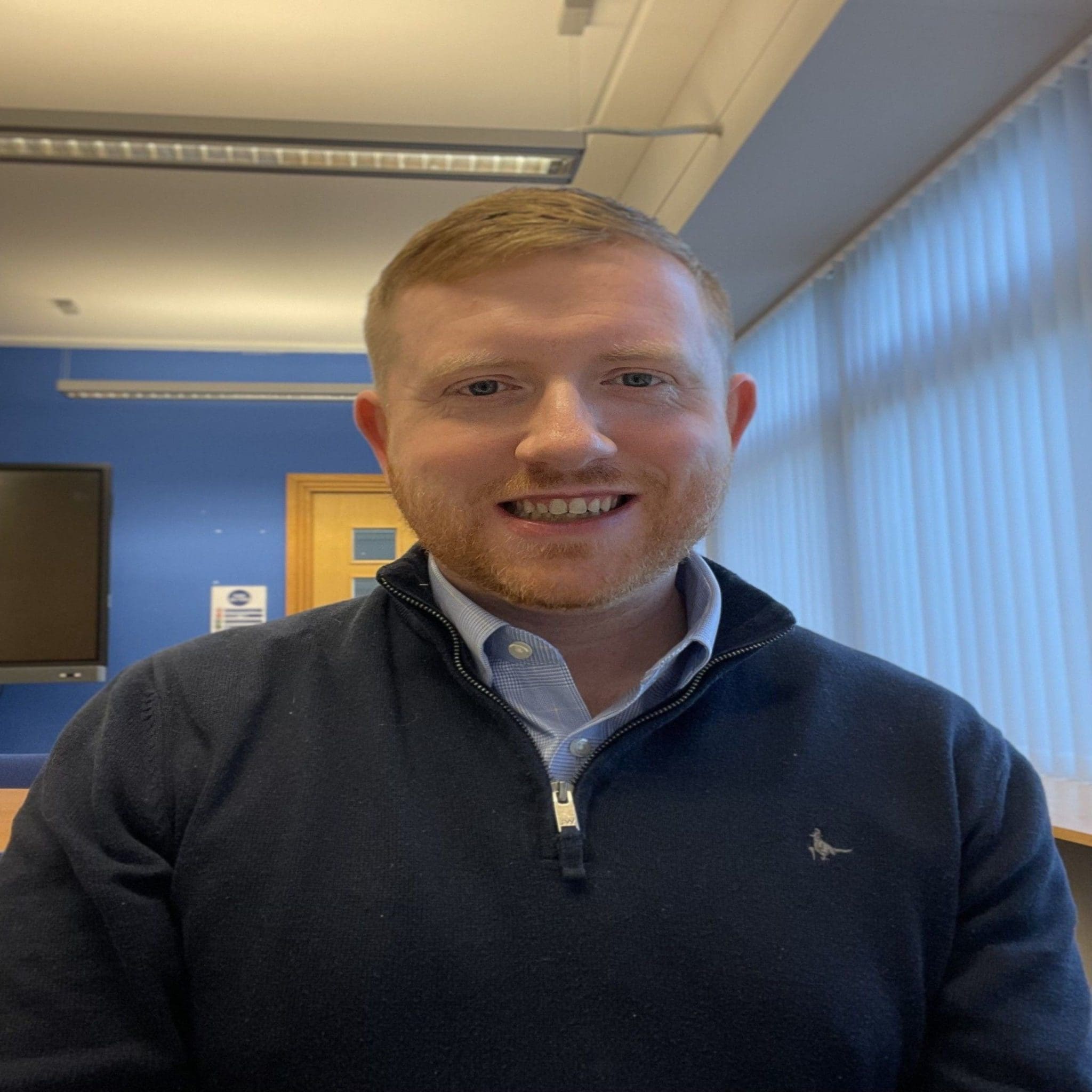
Liam Allan
Physician Associate
NHS Highland
liam.allan@nhs.scot
Full Bio
Liam is a Physician Associate in respiratory medicine working in NHS Highland. Liam holds an interest in clinical research and is currently completing the NIHR Associate principal Investigator Scheme on the Meso-ORIGINS trial. Through the PREDICT-Meso network, Liam is involved in research relating to lung cancer diagnostics in pleural fluid.

Dr Tamihiro Kamata
Research Associate
MRC Toxicology Unit, University of Cambridge
tk83@leicester.ac.uk
Full Bio
Ex vivo culture platforms for human malignant pleural mesothelioma (explants, pleural effusion)
New combination IO therapy for human malignant pleural mesothelioma
Multi-omics tissue analysis (multiplex immunofluorescence imaging, spatial transcriptome analysis)

Dr Ernest Nadal
Director of Research and Innovation. Principal Investigator of PRETT laboratory
Catalan Institute of Oncology
Ernestnadal@gmail.com
Full Bio
In our lab, Preclinical and Experimental REsearch in Thoracic Tumors (PRETT), we investigate in novel therapeutic approaches to thoracic malignancies, including mesothelioma. Our research group is colead by Cristina Muñoz Pinedo and myself to promote synergy between clinical and basic research. We have a registry of cases and we screen potential germline alterations in a prospective cohort of patients with pleural and peritoneal mesothelioma (G-MESO project). We conducted an investigator initiated trial with an immune checkpoint inhibitor targeting PD-L1 and TGF-beta in patients with previously treated mesothelioma. In our lab we generated several patient-derived cells and we are investigating novel therapeutic approaches based on metabolism and cell cycle regulation. We would be interested in joining the network in order to enhance collaboration and potential exchange of expertise, material and protocols

Dr Cristina Munoz-Pinedo
Group Leader
IDIBELL- Bellvitge Biomedical Research Institute
munoz@idibell.cat
Full Bio
Working on novel treatments against MPM that induce cell death

Ms Iswarya Sreeram
Predoctoral researcher
IDIBELL- Bellvitge Biomedical Research Institute
isreeram@idibell.cat
Full Bio
I work on understanding cell death and senescence in Mesothelioma. I have been working on combination therapies with senolytics and CDK4/6 inhibitor palbociclib
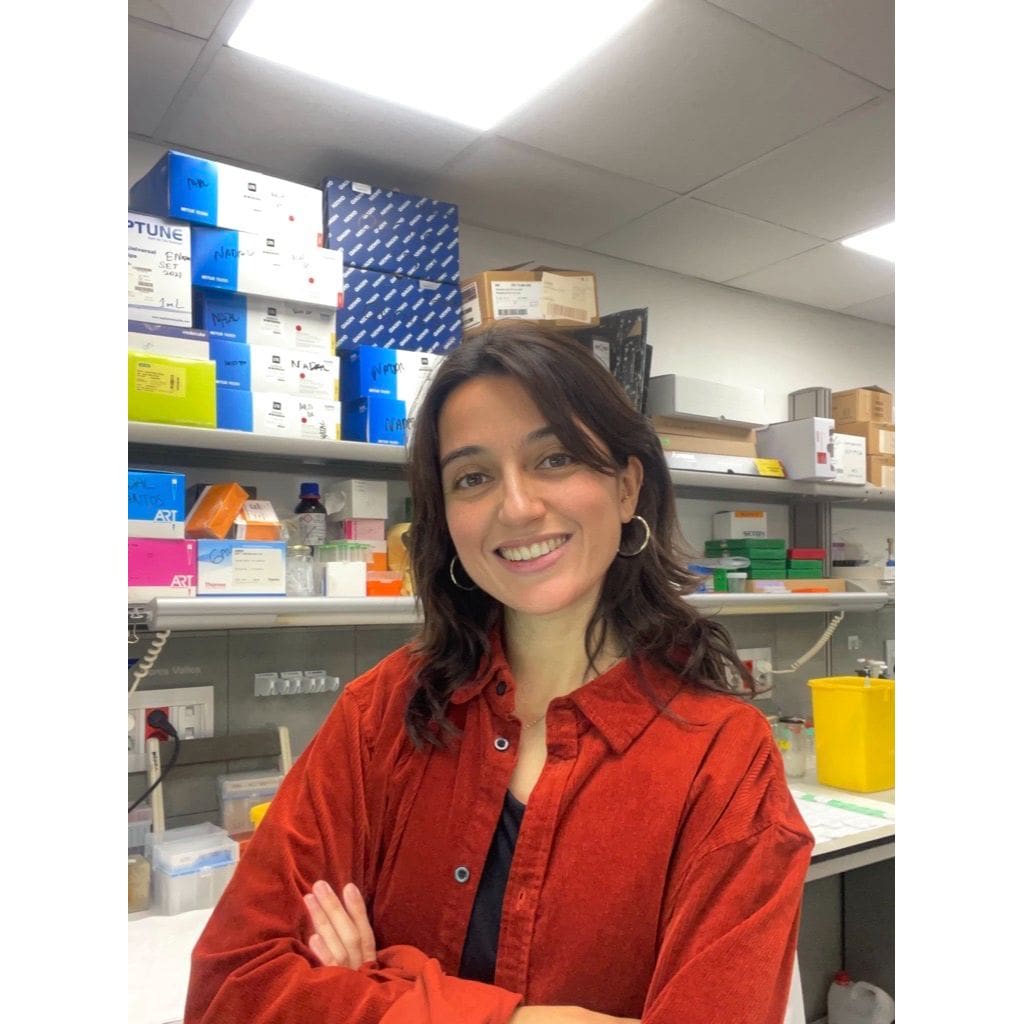
Ms Silvia Plans Marin
PhD student
IDIBELL- Bellvitge Biomedical Research Institute
splans@idibell.cat
Full Bio
Investigating the metabolic dependencies of malignant pleural mesothelioma, particularly glutamine metabolism, as a potential treatment strategy.
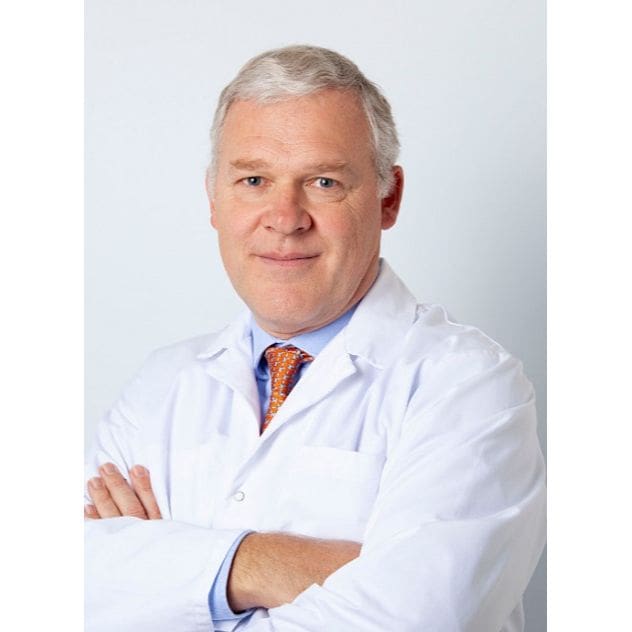
Prof Loic Lang-Lazdunski
Consultant Thoracic Surgeon
Institut multidisciplinaire d’oncologie Genolier
llang-lazdunski@genolier.net
Full Bio
Professor Lang-Lazdunski is a consultant thoracic surgeon working in Geneva, Switzerland.
He has a long-standing interest in mesothelioma and has been involved in many clinical trials in the field including MARS, MesoVATS, and others.
He previously had a Chair in mesothelioma at King’s College London and led the surgical mesothelioma program at Guy’s & St Thomas’ hospital in London, UK.
He has operated on more than 1000 patients with pleural mesothelioma and his main interests are: surgical research, experimental therapies, immunotherapy, cancer vaccines and survivorship.
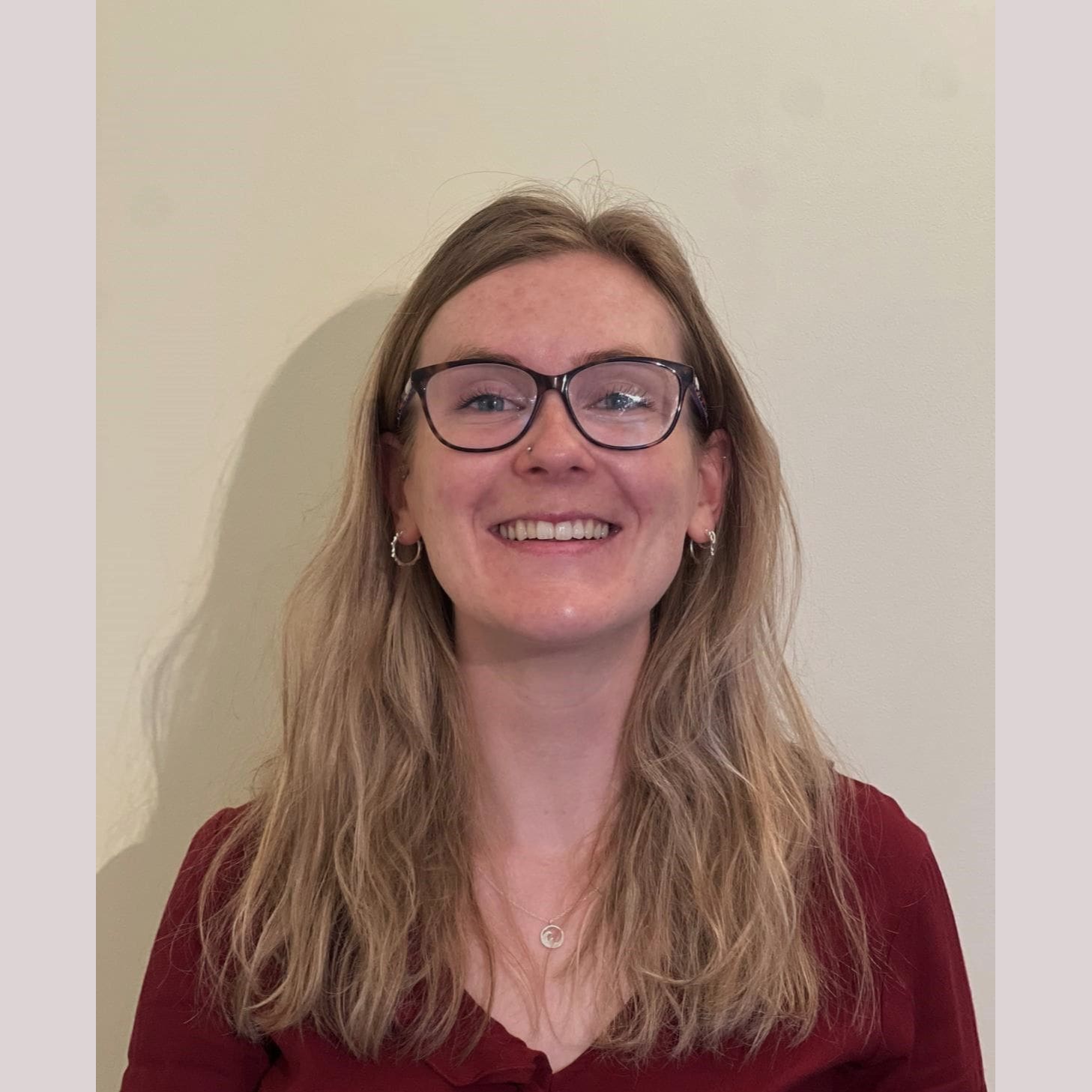
Dr Kitty Sherwood
Bioinformatician
University of Edinburgh, Institute of Genetics and Cancer
kitty.sherwood@ed.ac.uk
Full Bio
I am a postdoctoral bioinformatician in Prof. Colin Semple’s lab at the IGC in Edinburgh. I use a variety of computational tools on omics data to understand the mutational processes underpinning cancer susceptibility and tumour evolution, and how this may influence patient outcomes. I particularly focus on structurally diverse cancer types and investigate the contribution and role of complex structural variation as cancers evolve
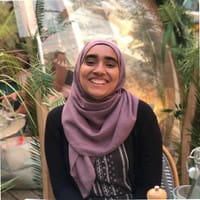
Dr Mahnoor Mahmood
Research Associate
CRUK Scotland Institute
mahnoor_mahmoog@ymail.com
Full Bio
My work focuses on understanding the genetics underlying mesothelioma through the use of mouse models
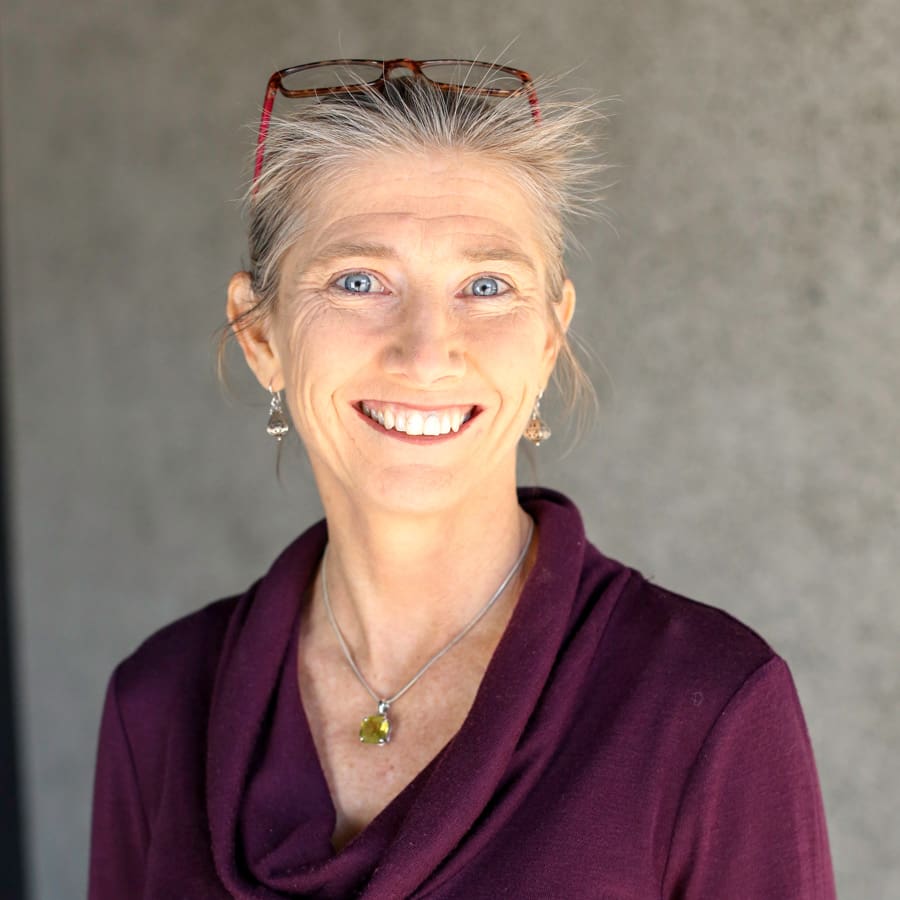
Prof Jenette Creaney
Scientific Director
National Centre for Asbestos Disease (Australia)
Jenette.creaney@uwa.edu.au
Full Bio
The NCARD Research Team is a multidisciplinary group of clinicians, scientists and students dedicated to advancing research into asbestos-related diseases. As an NHMRC Centre for Research Excellence based in Australia, NCARD leverages unique clinical opportunities to make a meaningful impact on asbestos-related cancers, particularly mesothelioma. Internationally recognised for its leadership in the field, the team embraces a ‘bench to bedside’ approach, actively collaborates with partners, and places a strong emphasis on consumer engagement.
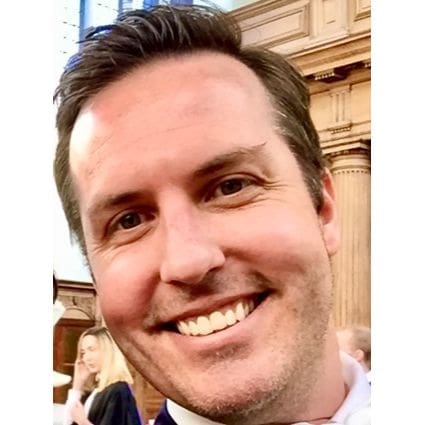
Dr Luke Wylie
Postdoctoral Clinical Fellow
Wellcome Trust Sanger Institute
lw16@sanger.ac.uk
Full Bio
I am interested in understanding the genetic mechanisms that lead to mesothelioma, with a particular focus on the early changes in the pleura following asbestos exposure. My work aims to identify mutational signatures, clonal dynamics, and early genetic biomarkers that could improve the diagnosis, prognosis, and treatment of mesothelioma and early asbestos related disease. By utilising advanced DNA sequencing technologies at the Wellcome Trust Sanger Institute, I hope to uncover how asbestos leads to mesothelioma and laying the groundwork for developing more effective clinical interventions at the earliest stage of asbestos exposure.
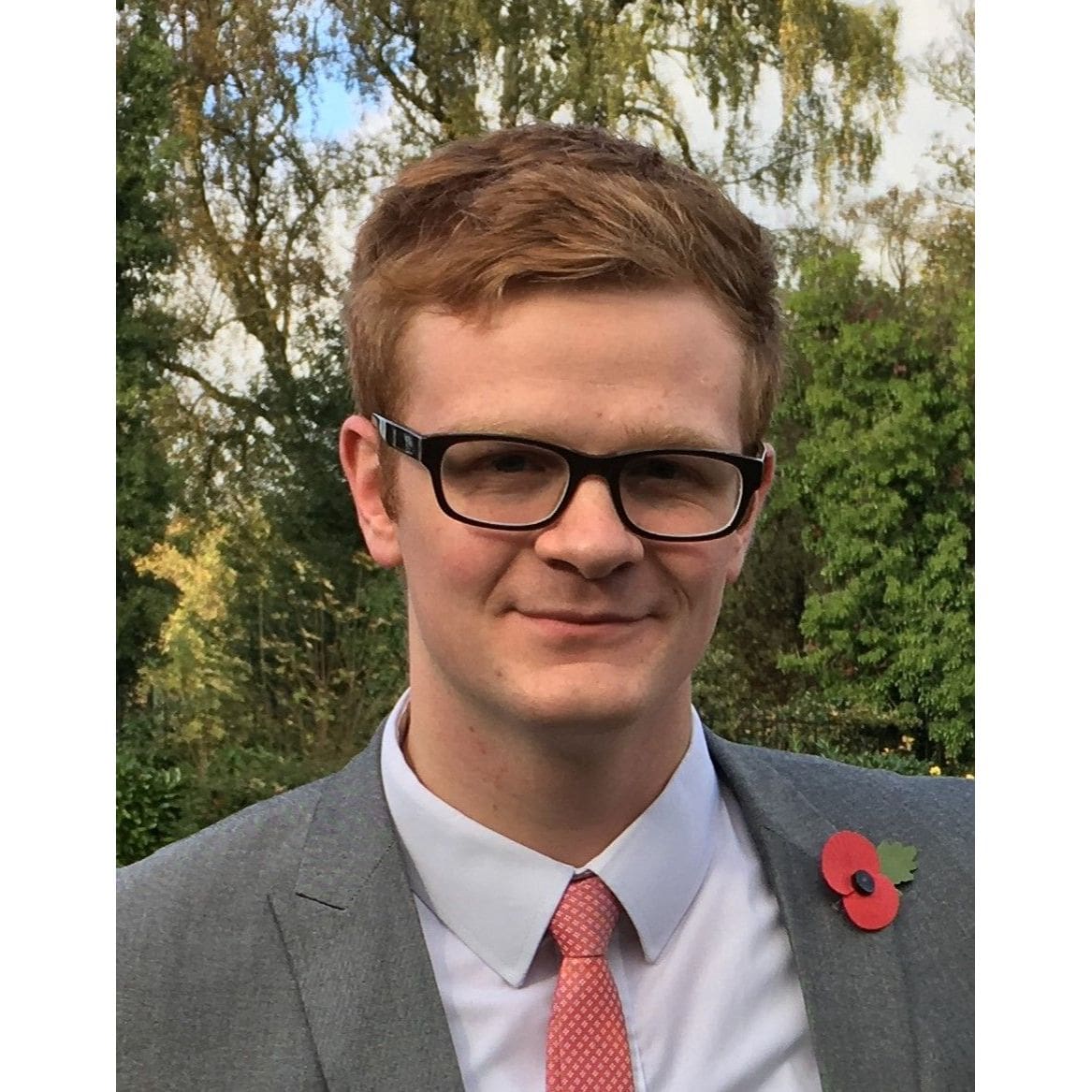
Dr Oliver Mann
NIHR Academic Fellow
Lancaster University
o.mann@lancaster.ac.uk
Full Bio
I’m an academic clinical fellow and specialist trainee in respiratory medicine. My research with Dr Timothy Gatheral and Dr Lucy Jackson-Jones focuses on biomarker discovery to differentiate pleural effusion samples with indeterminate histology, such as atypical mesothelial proliferation.
